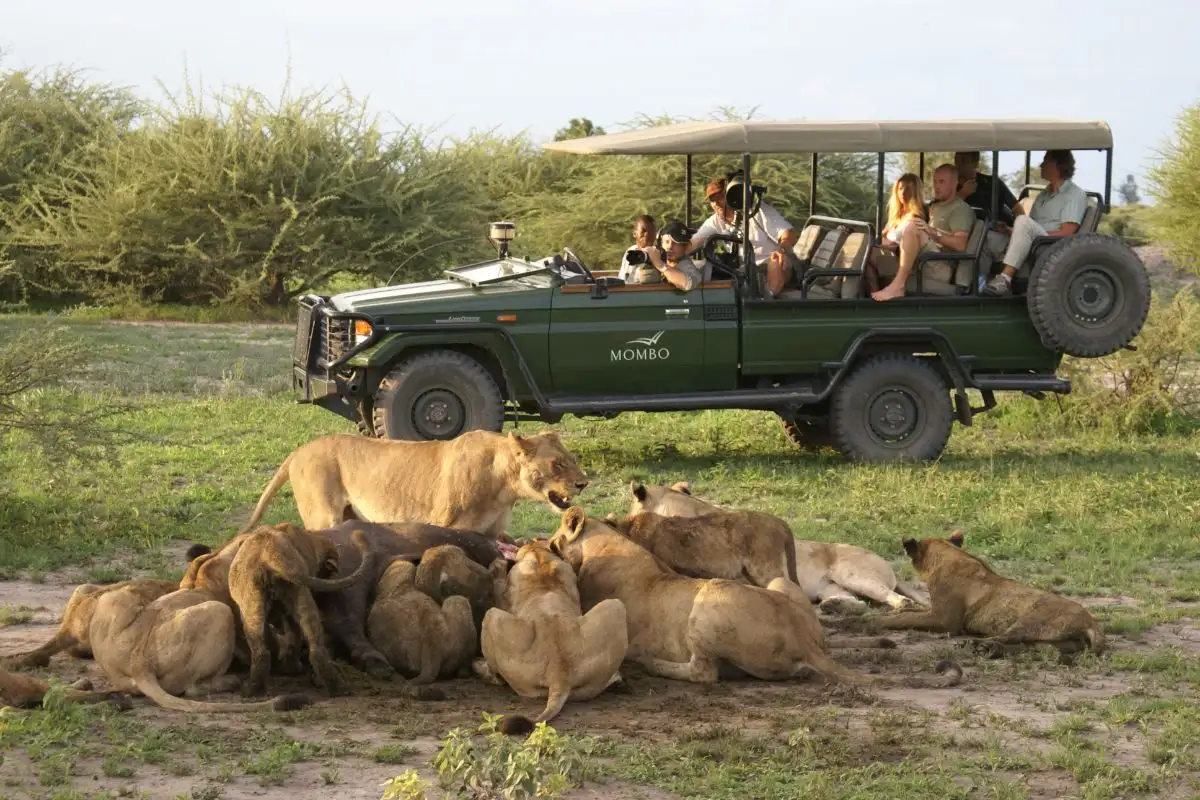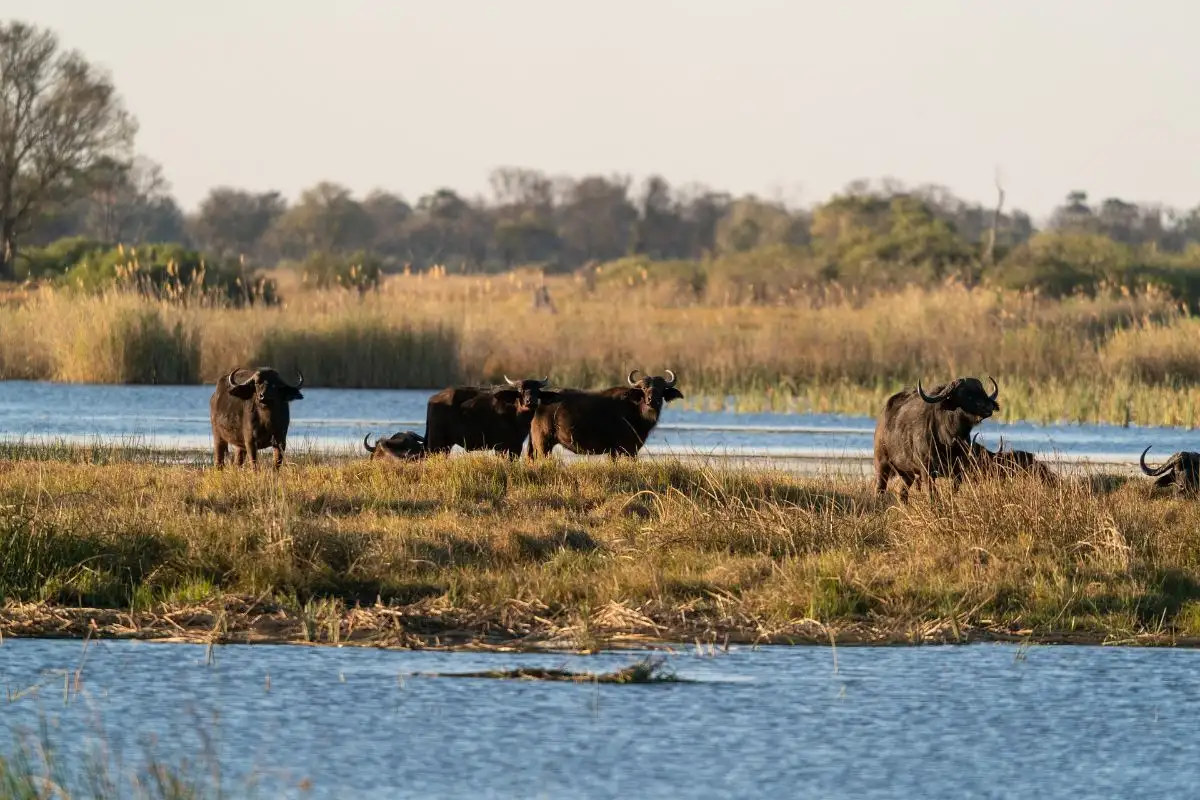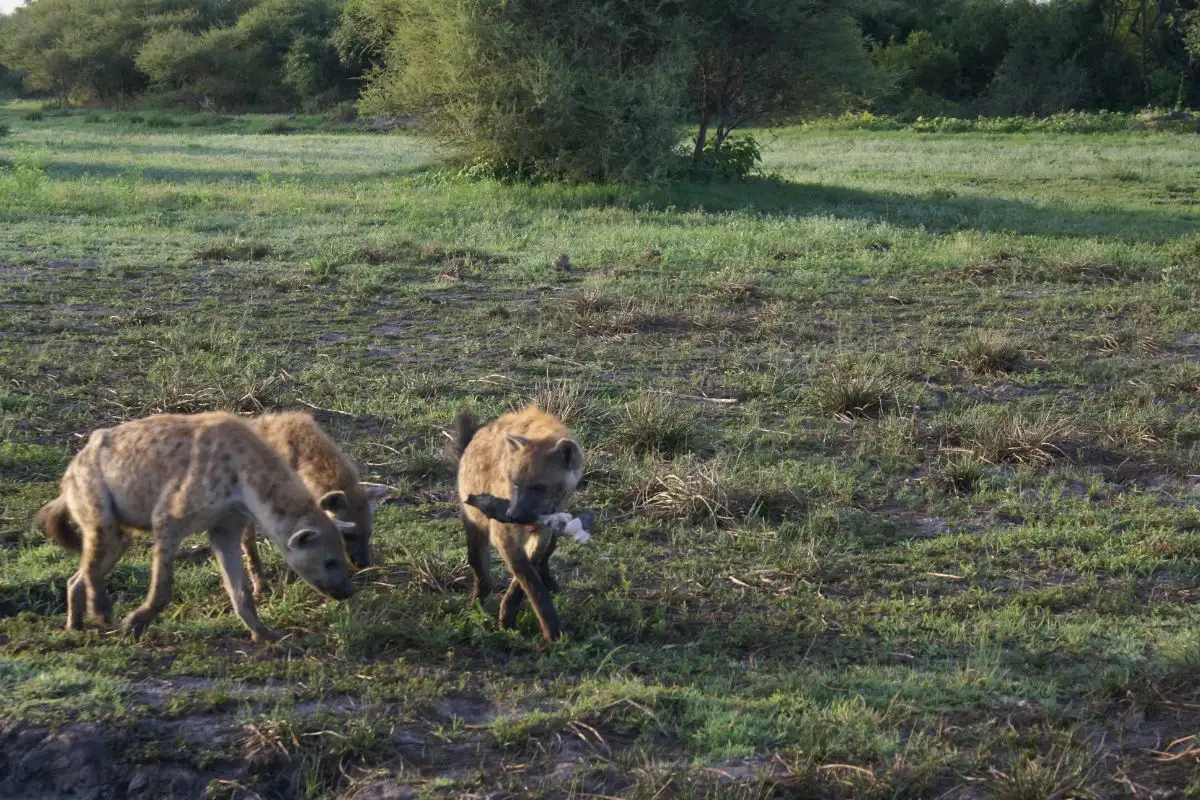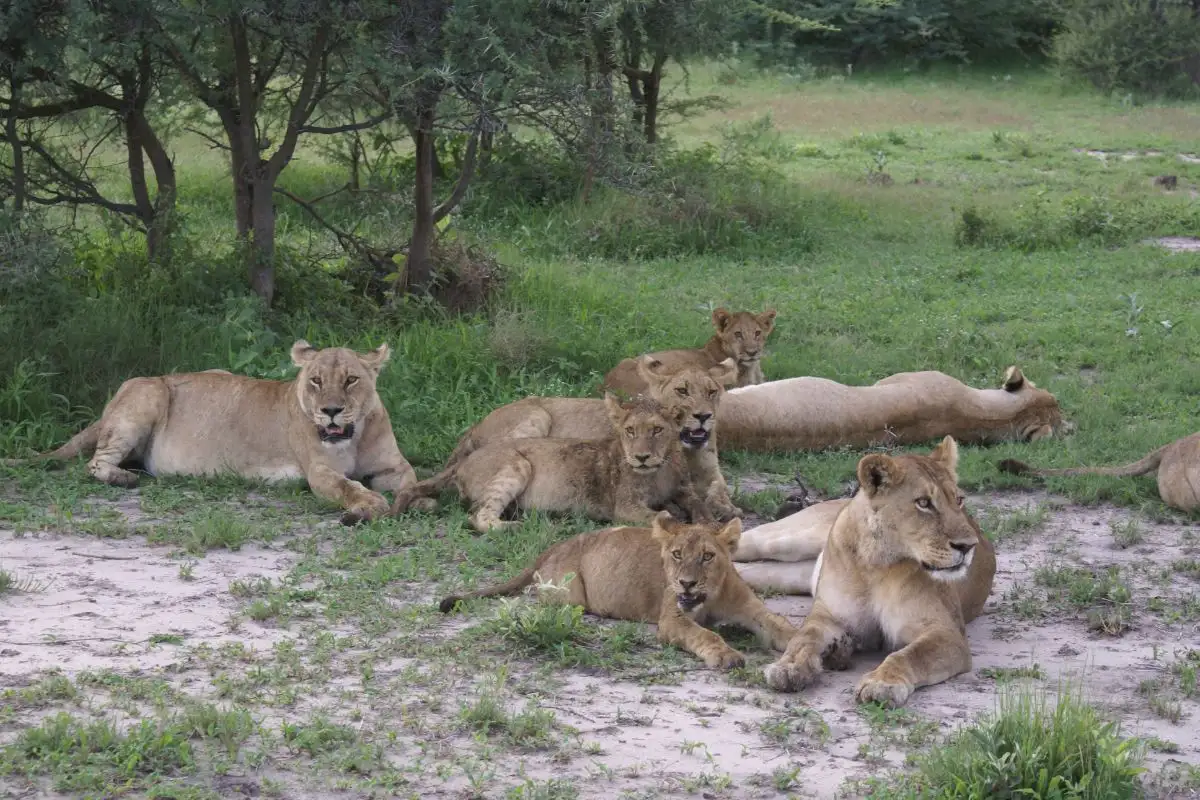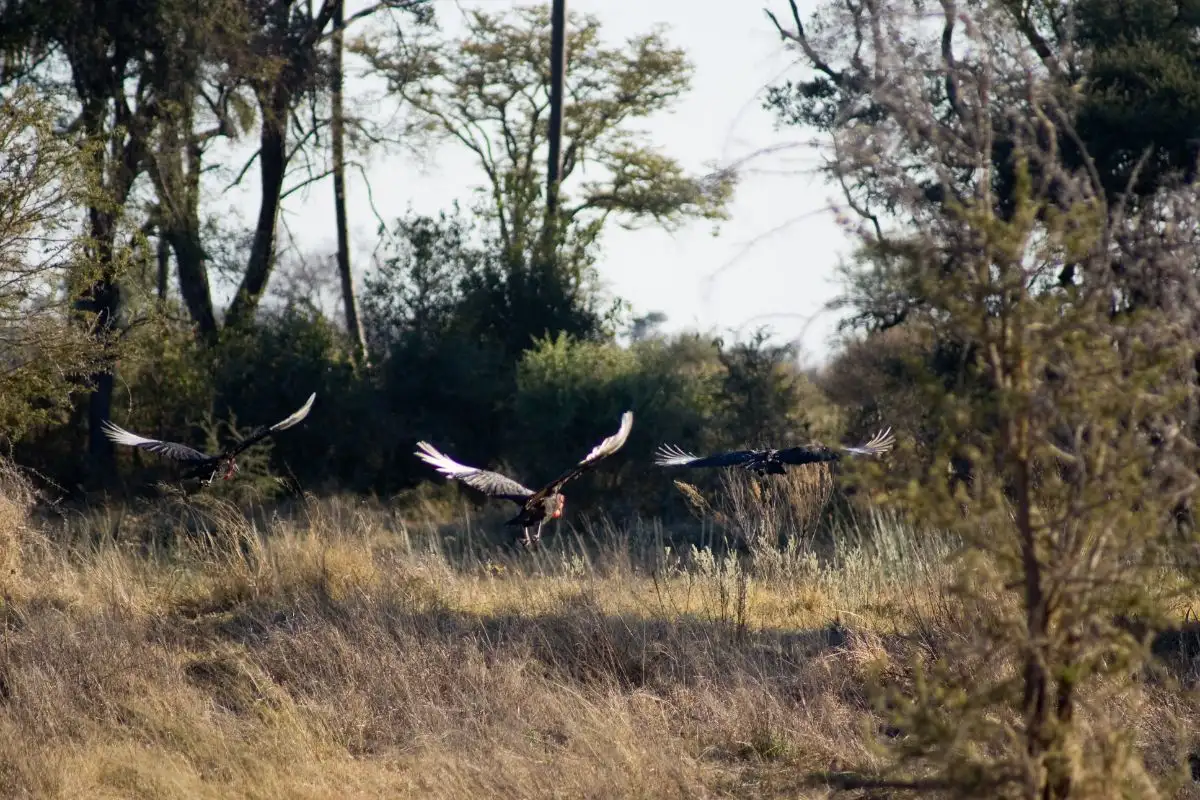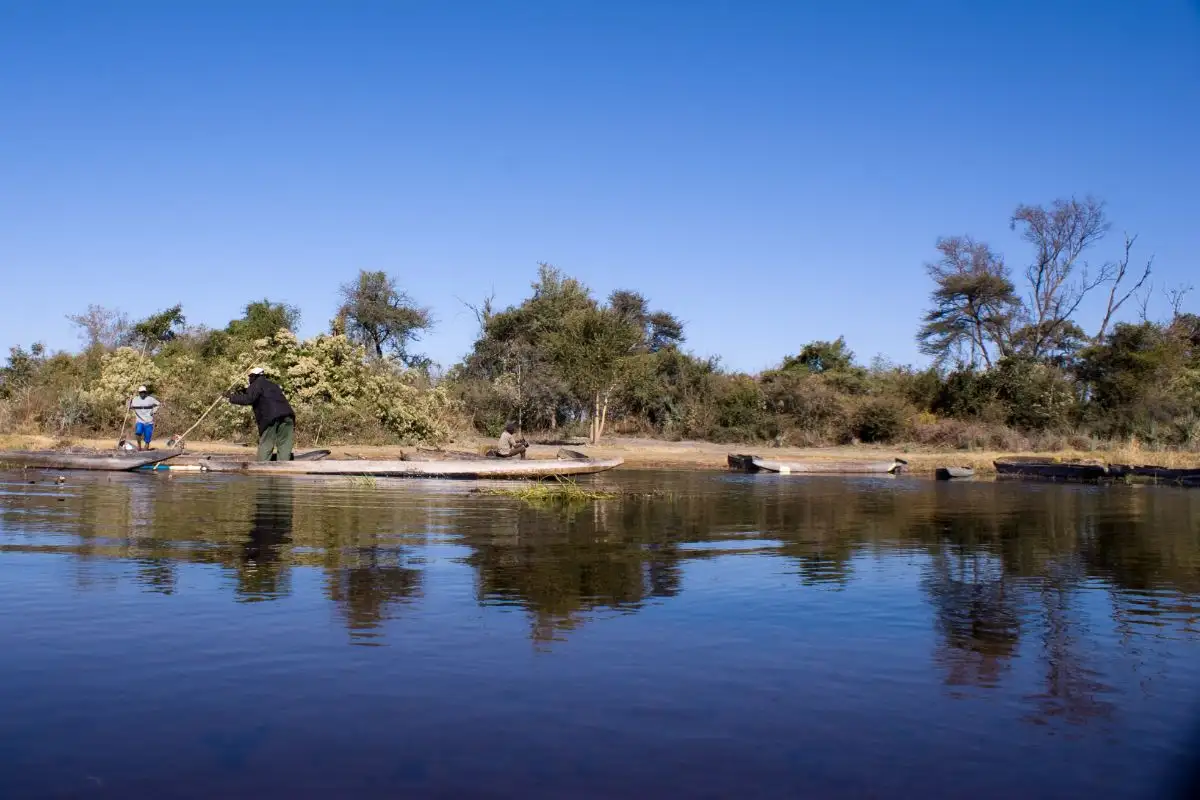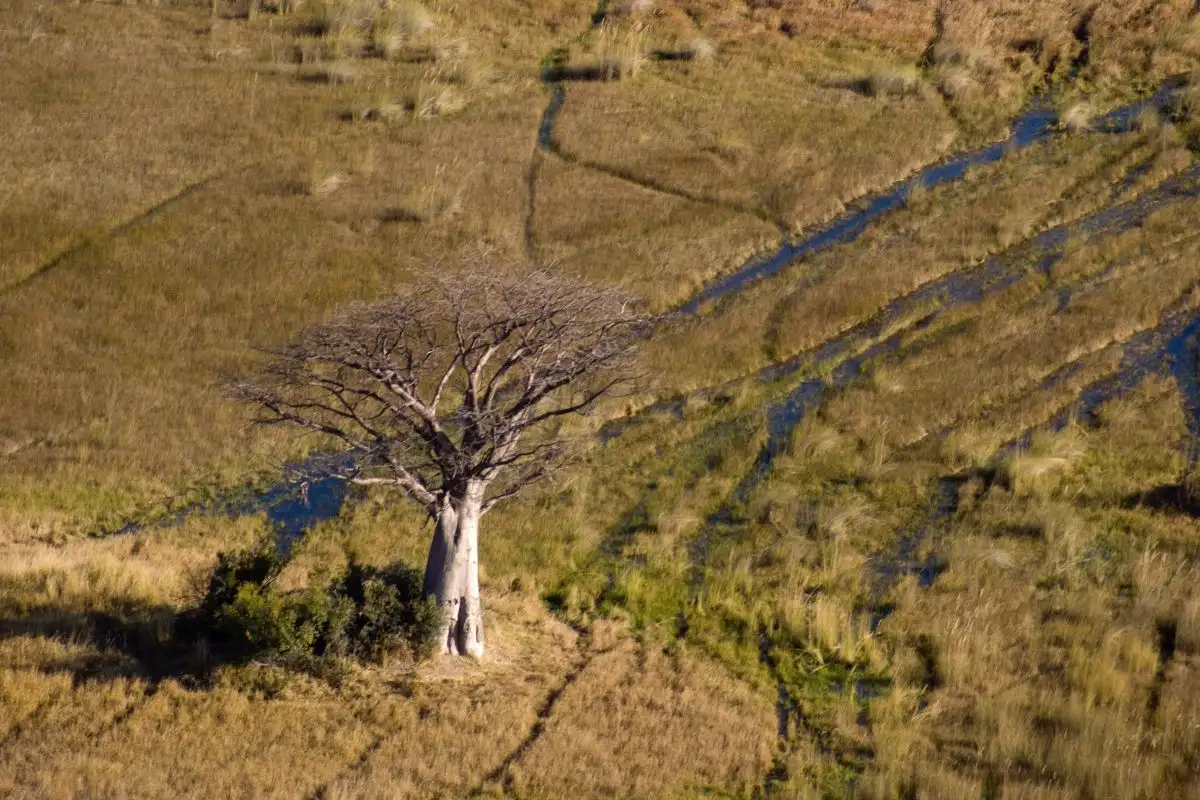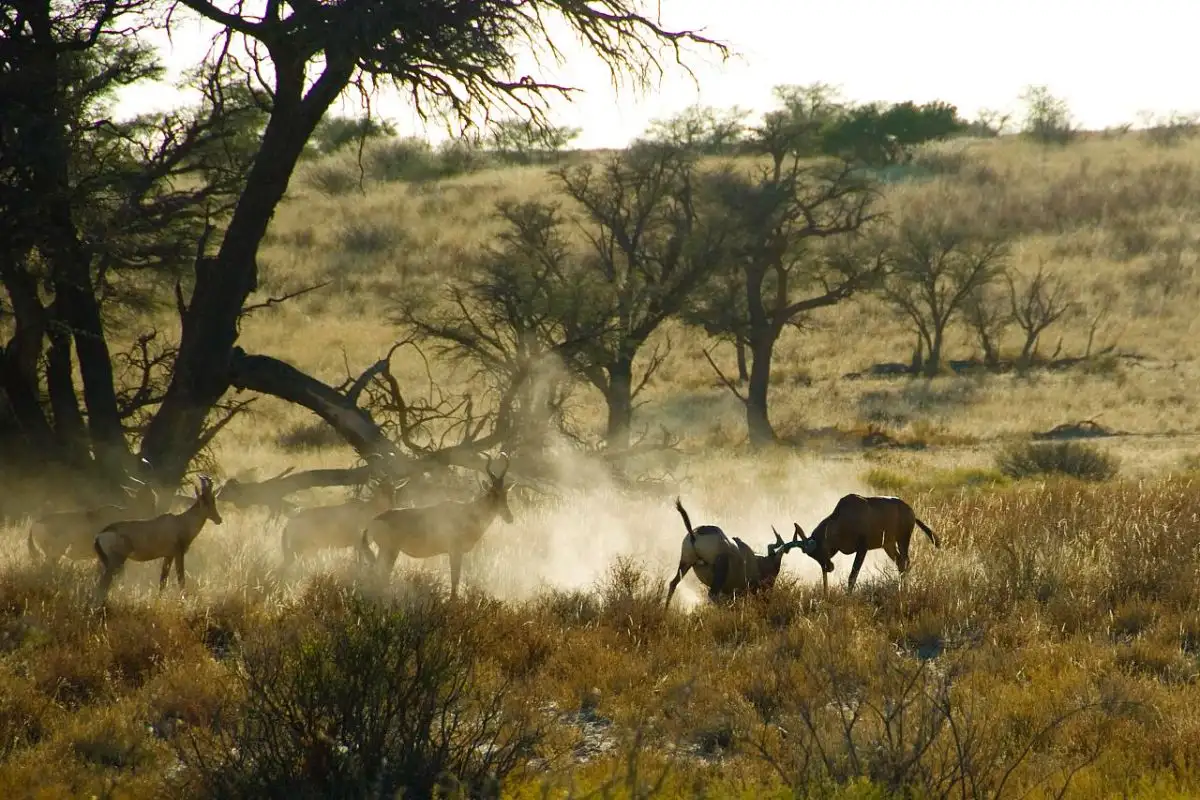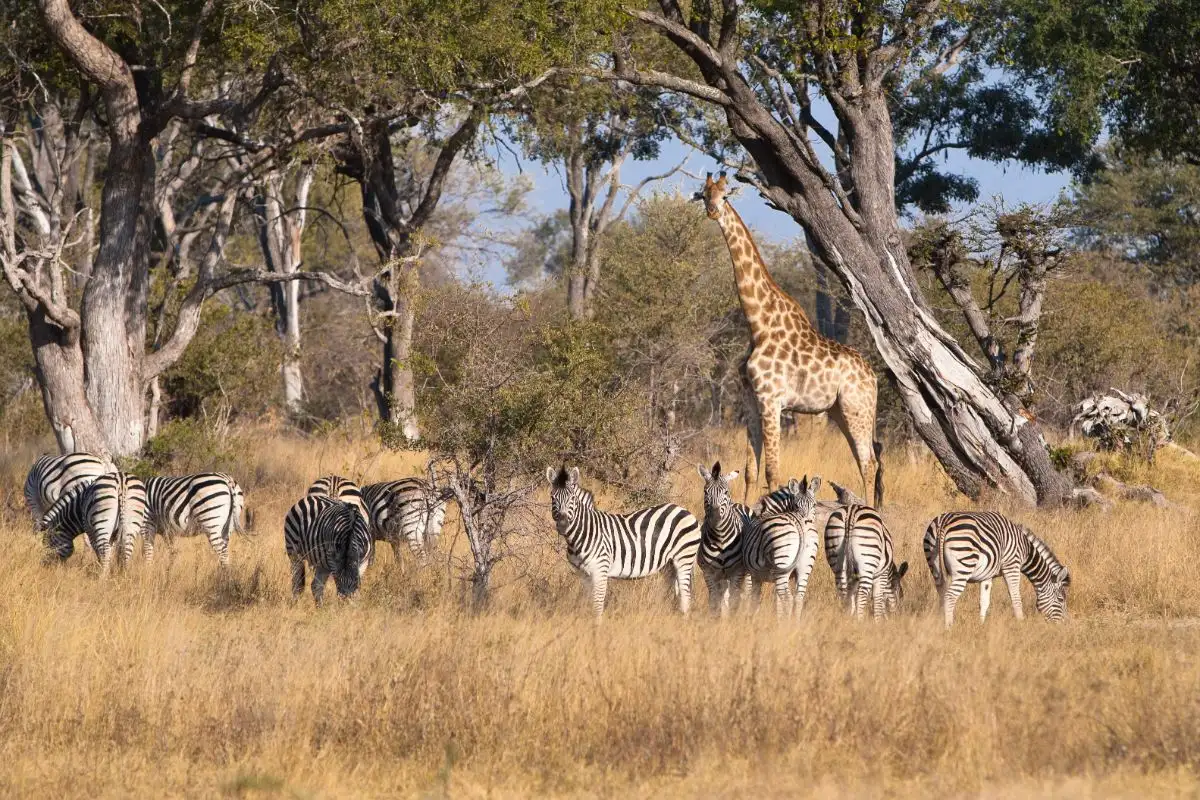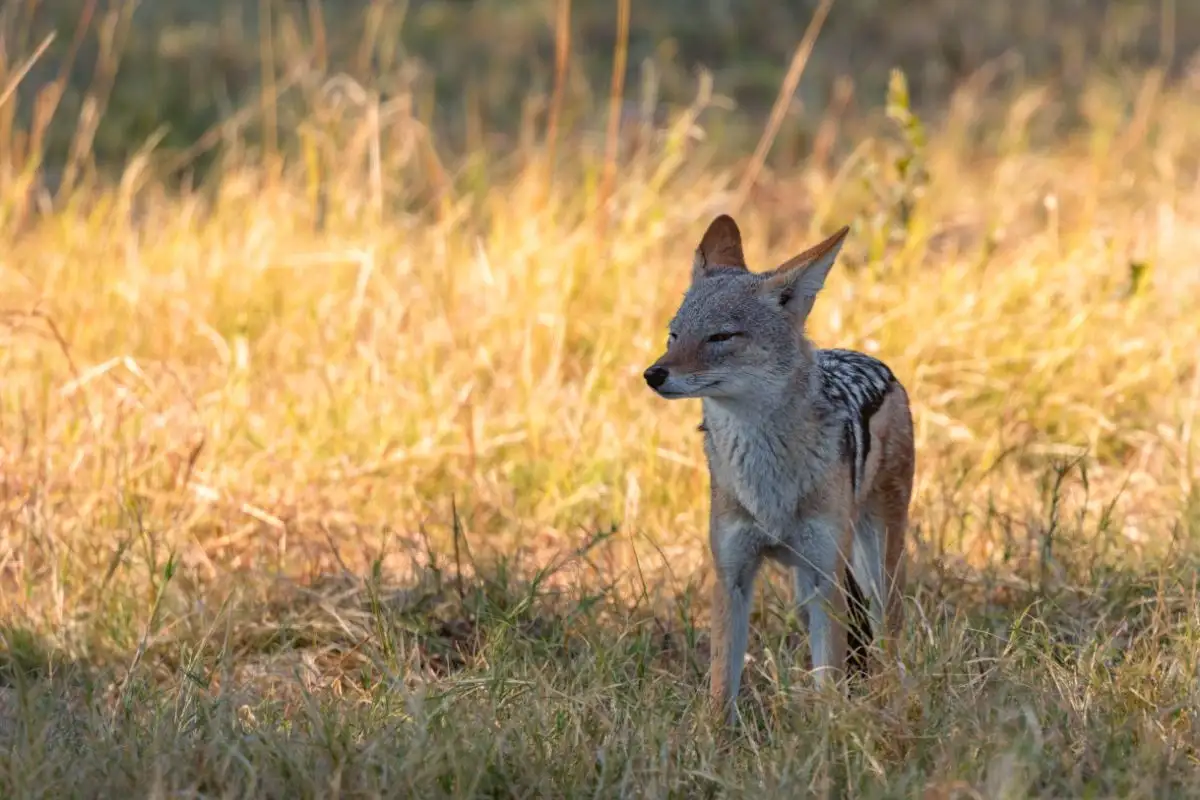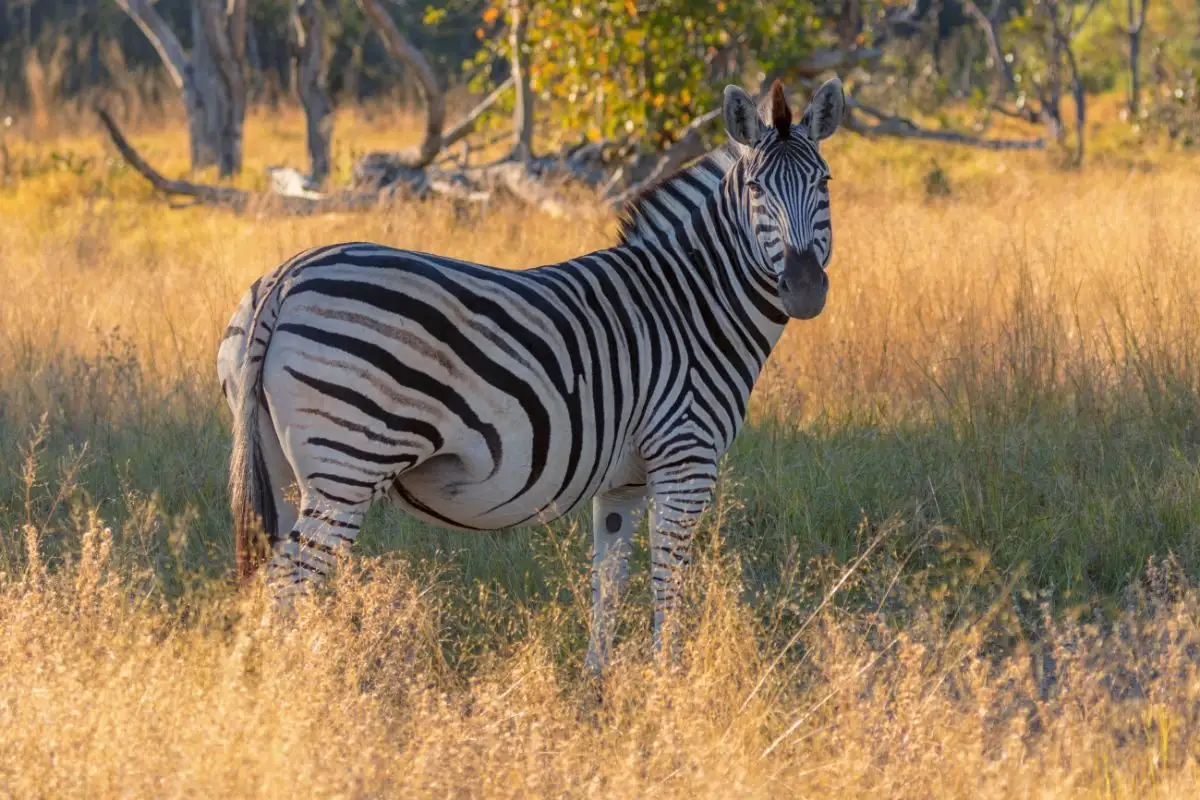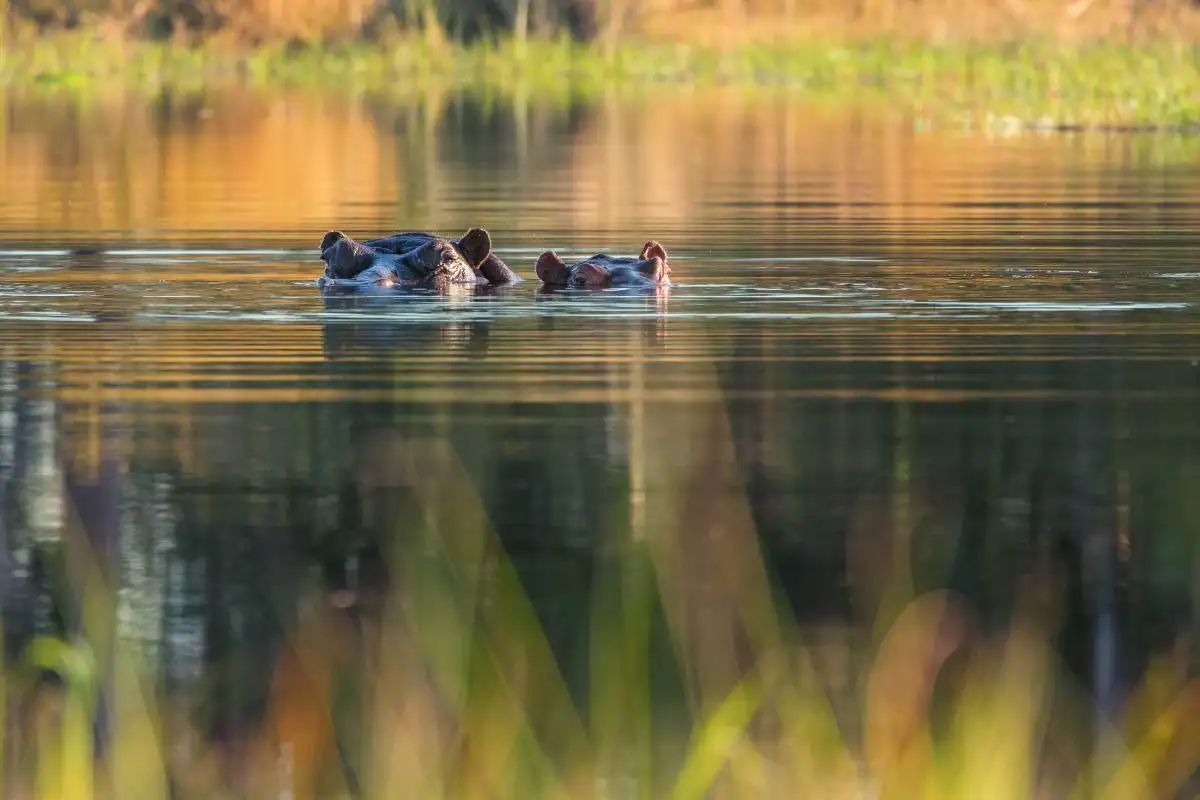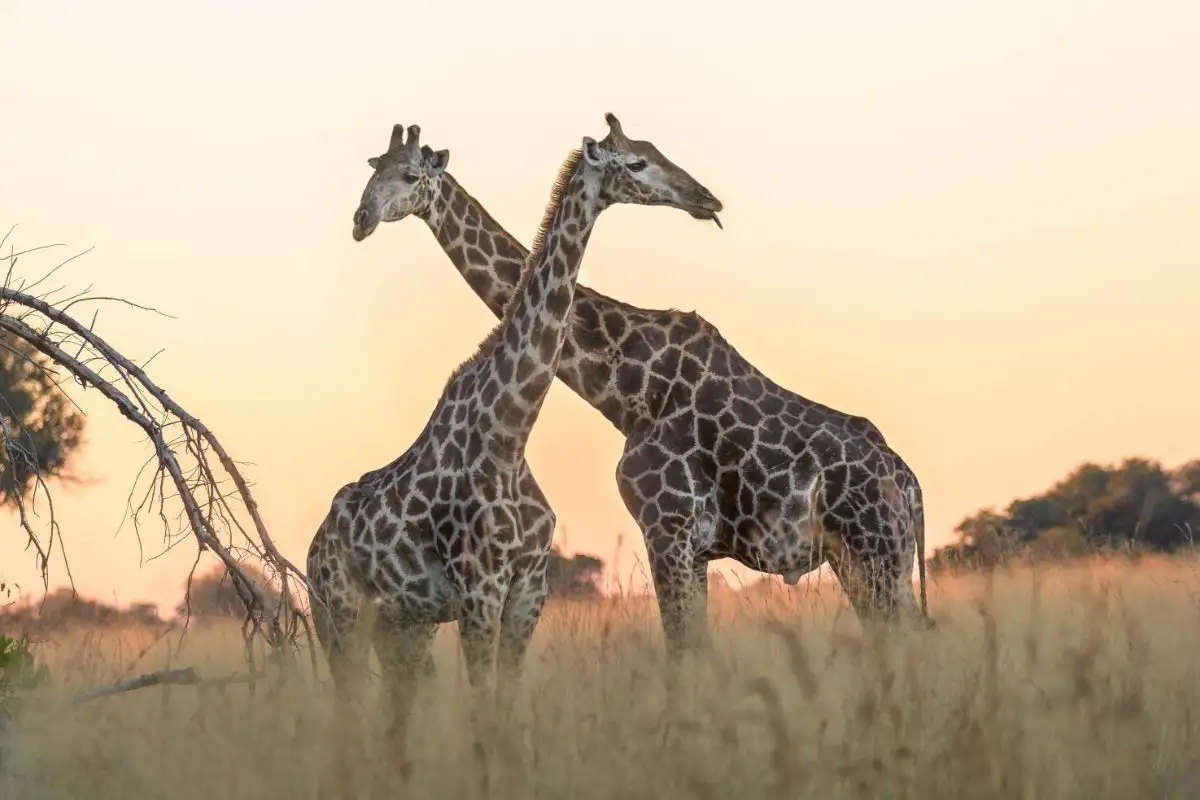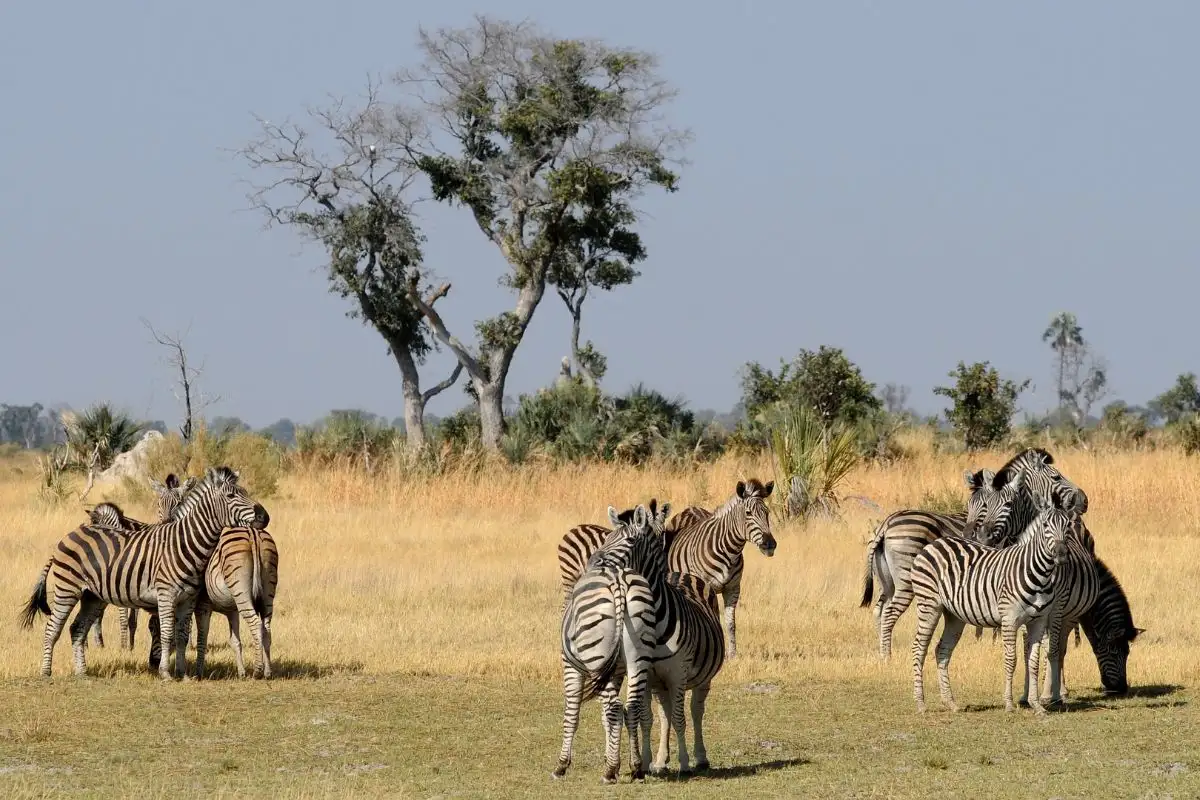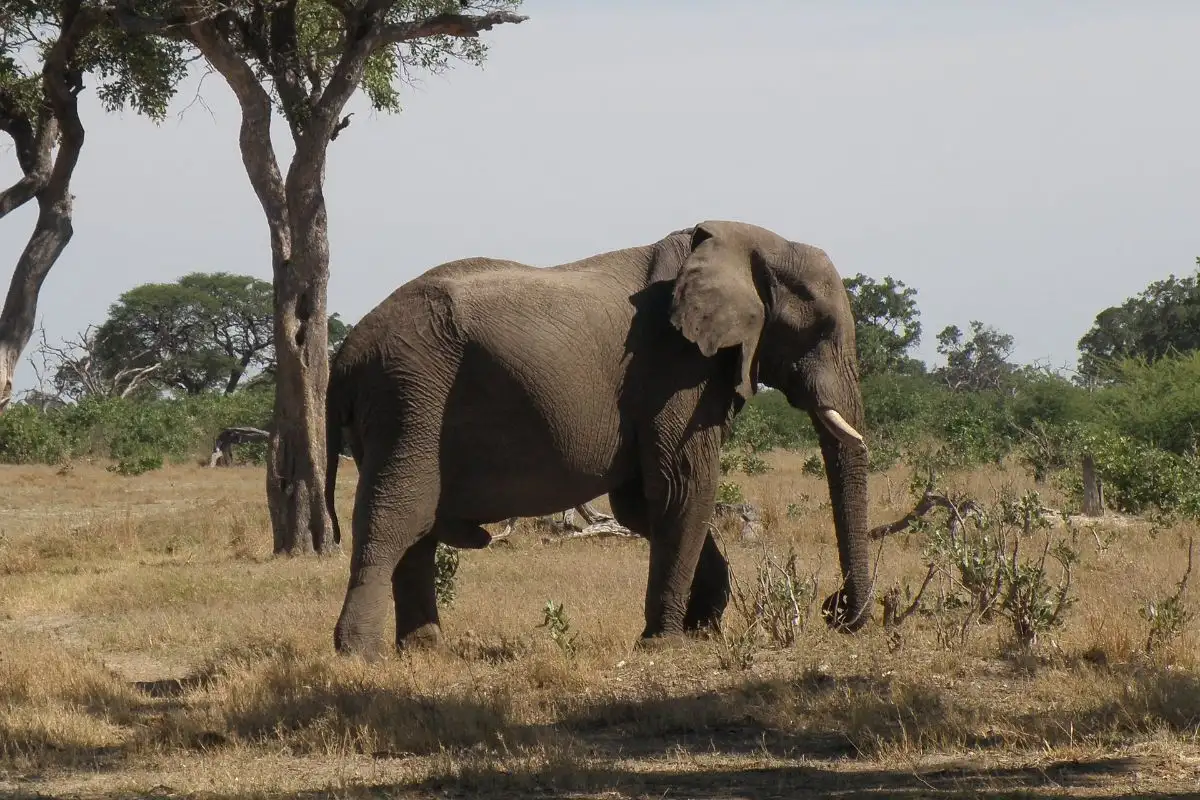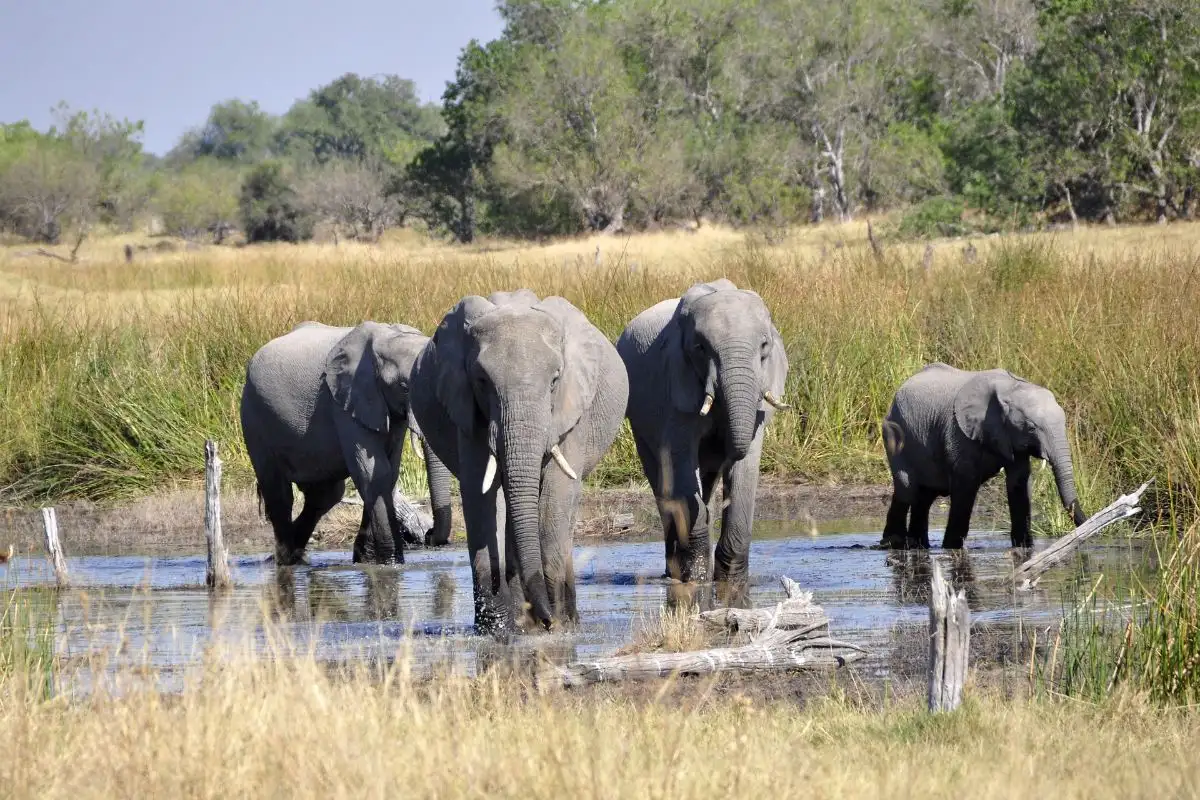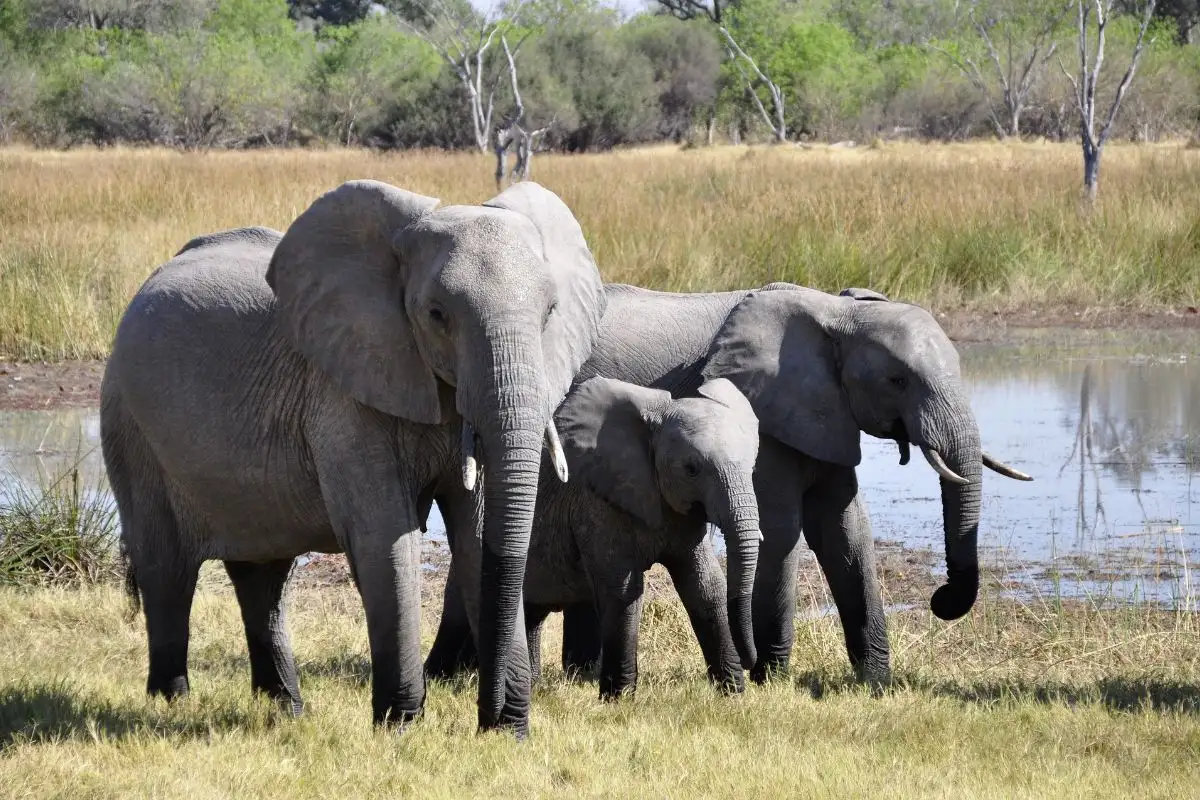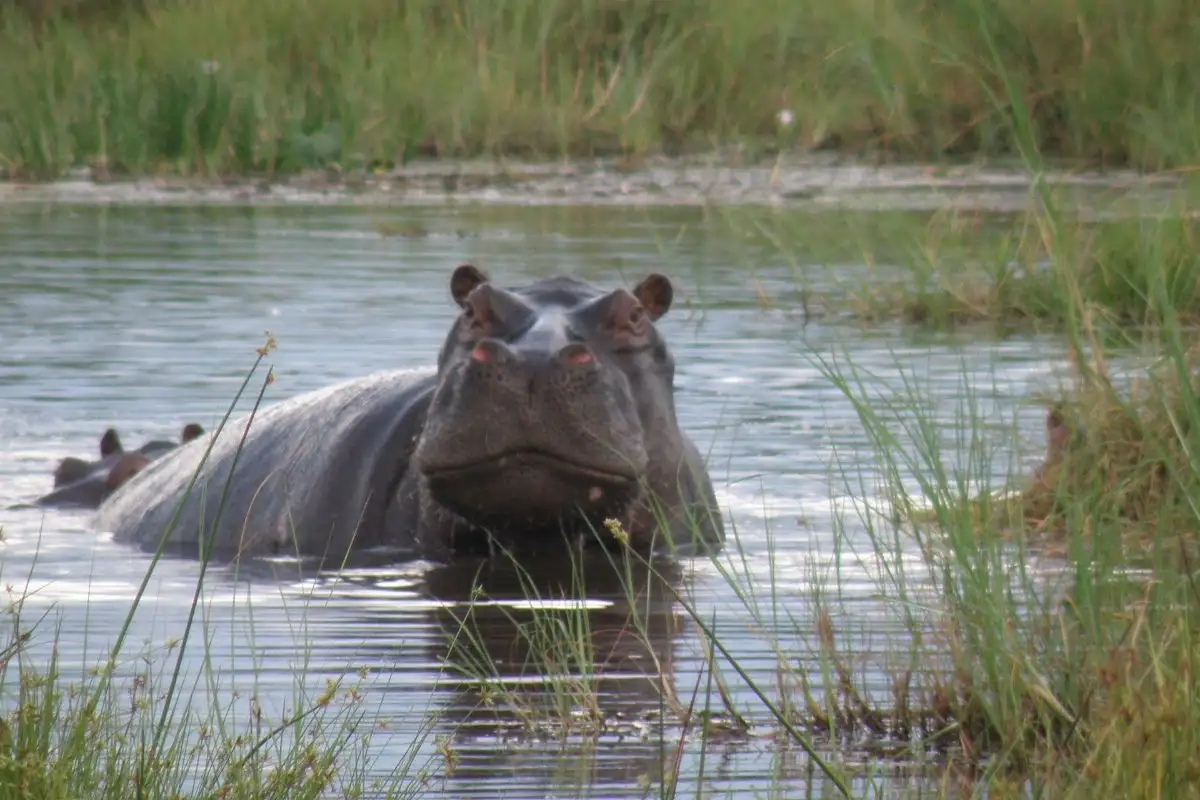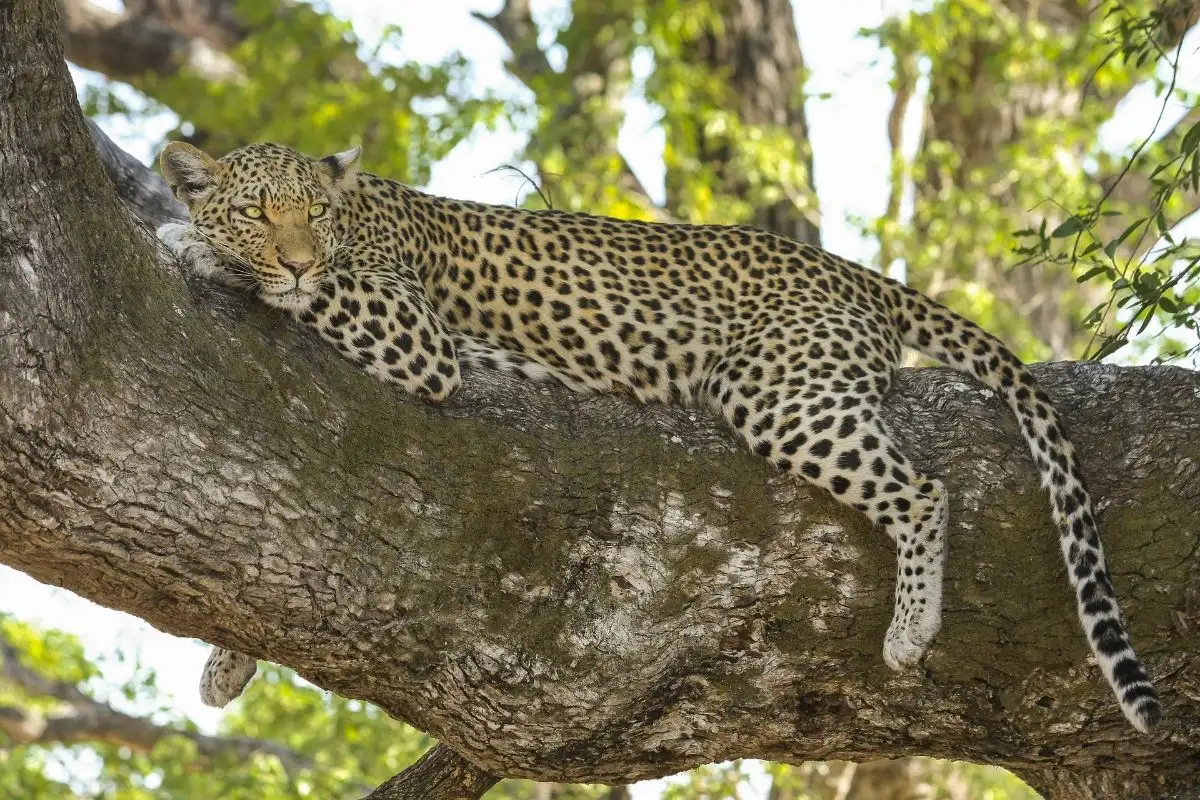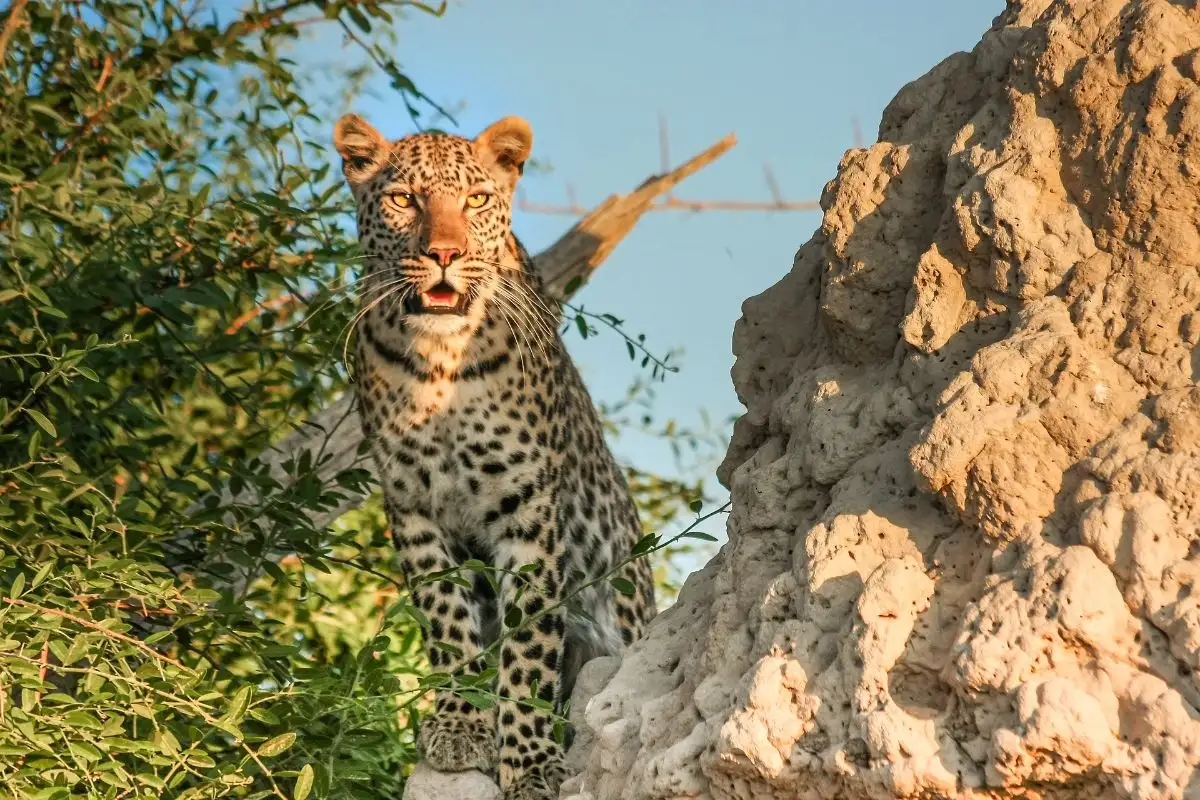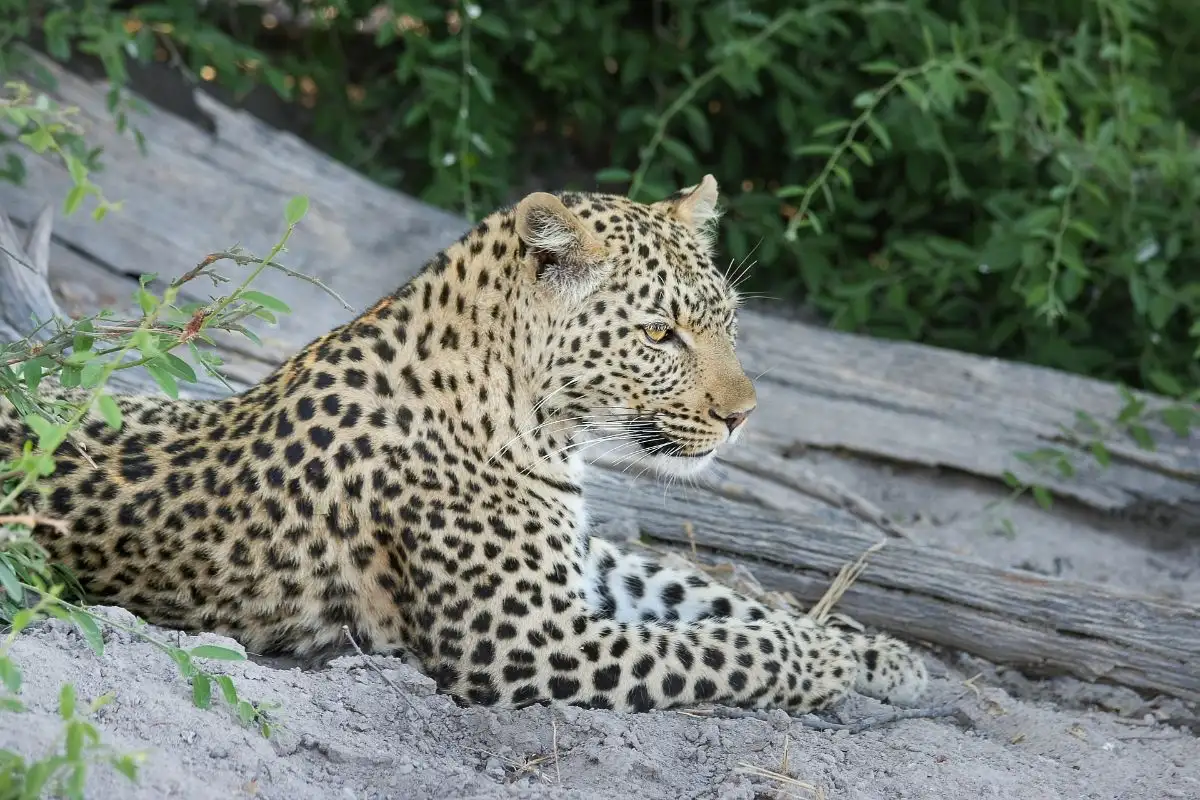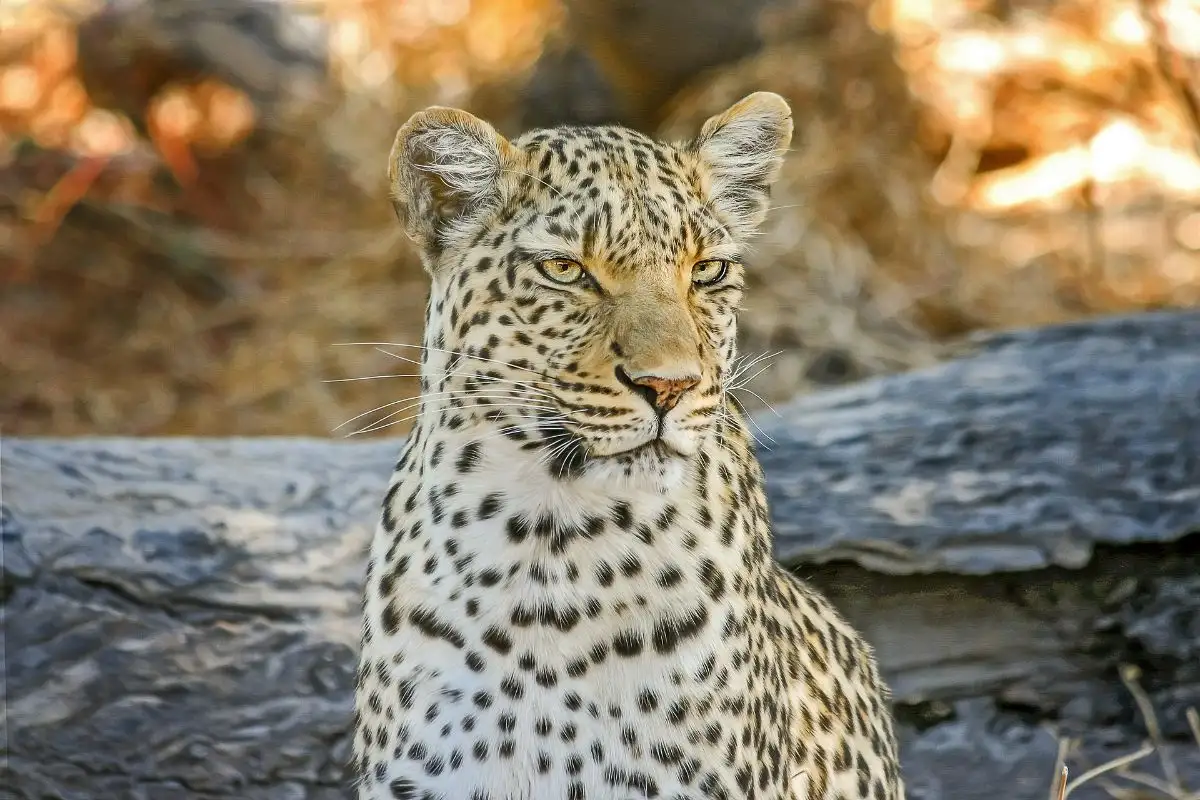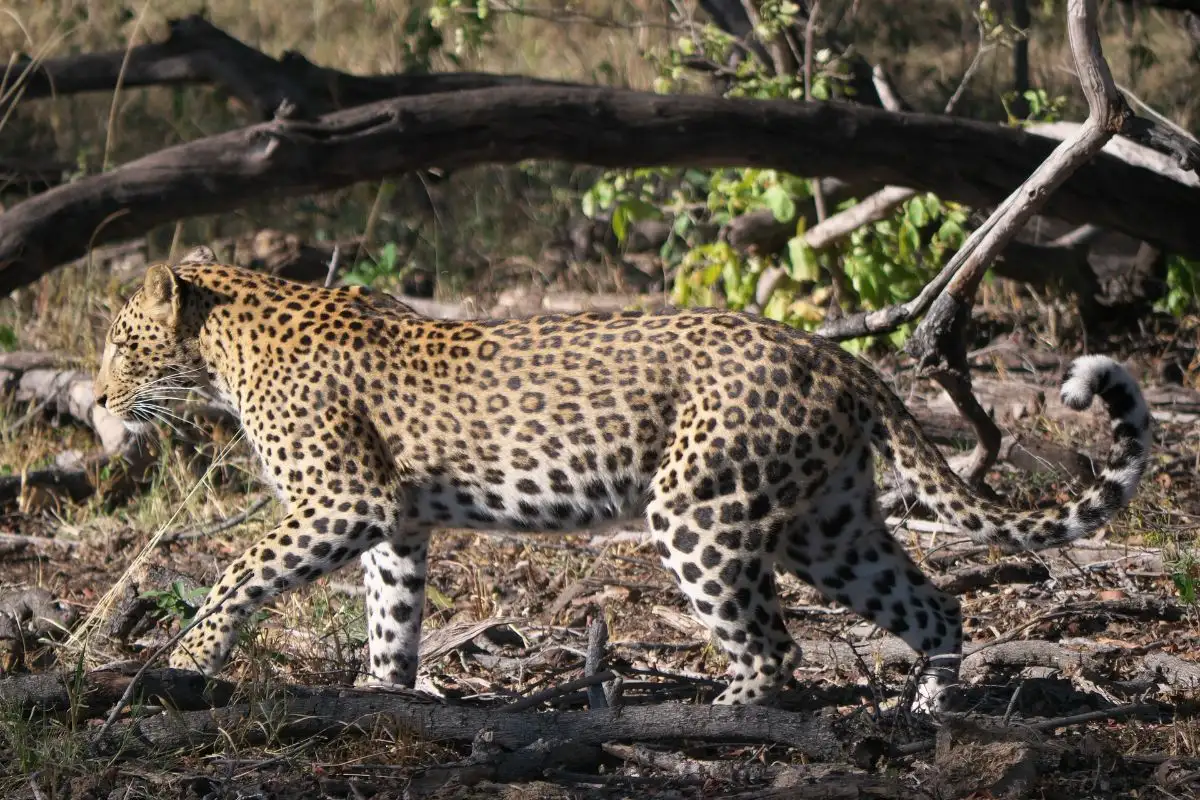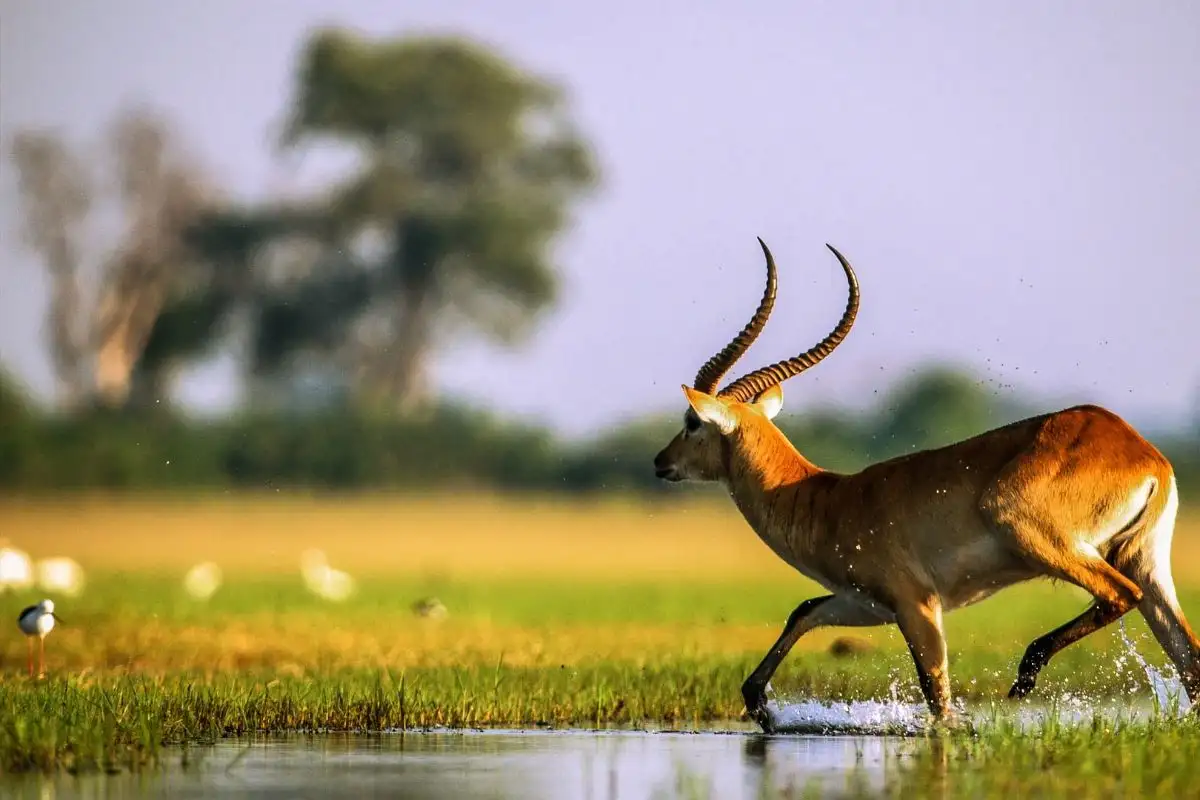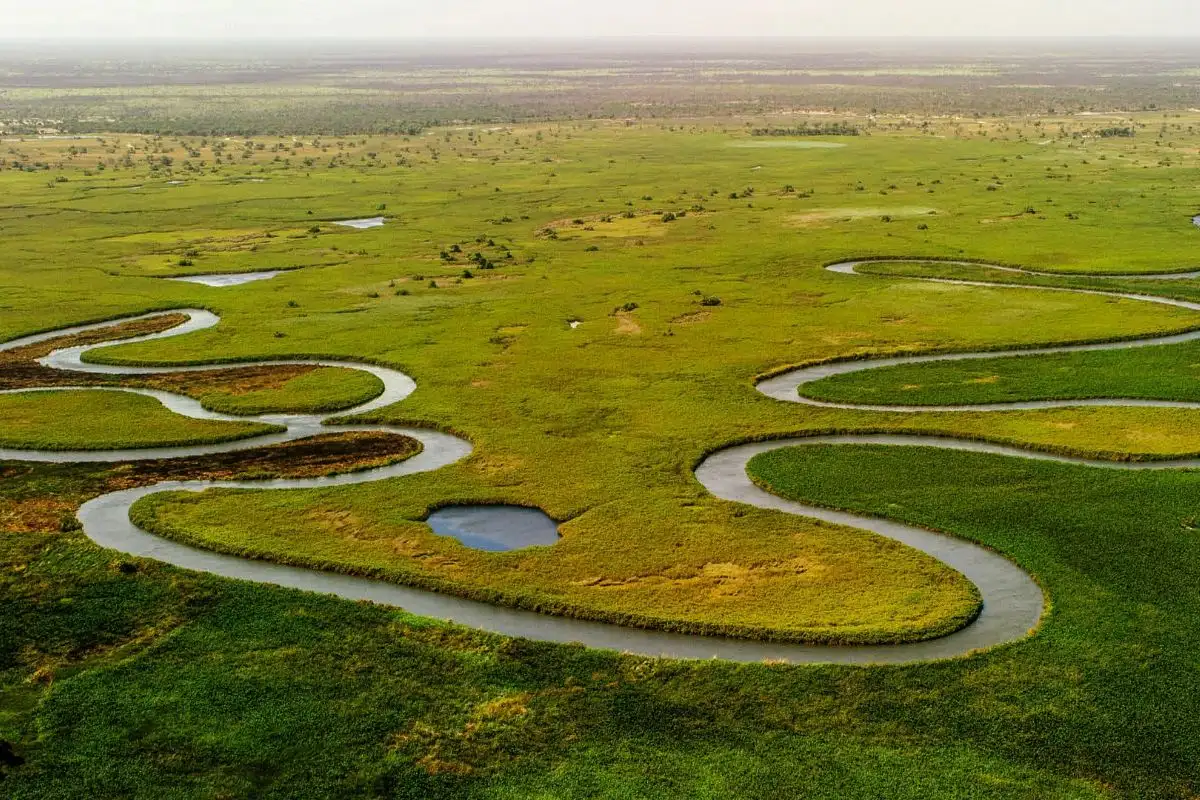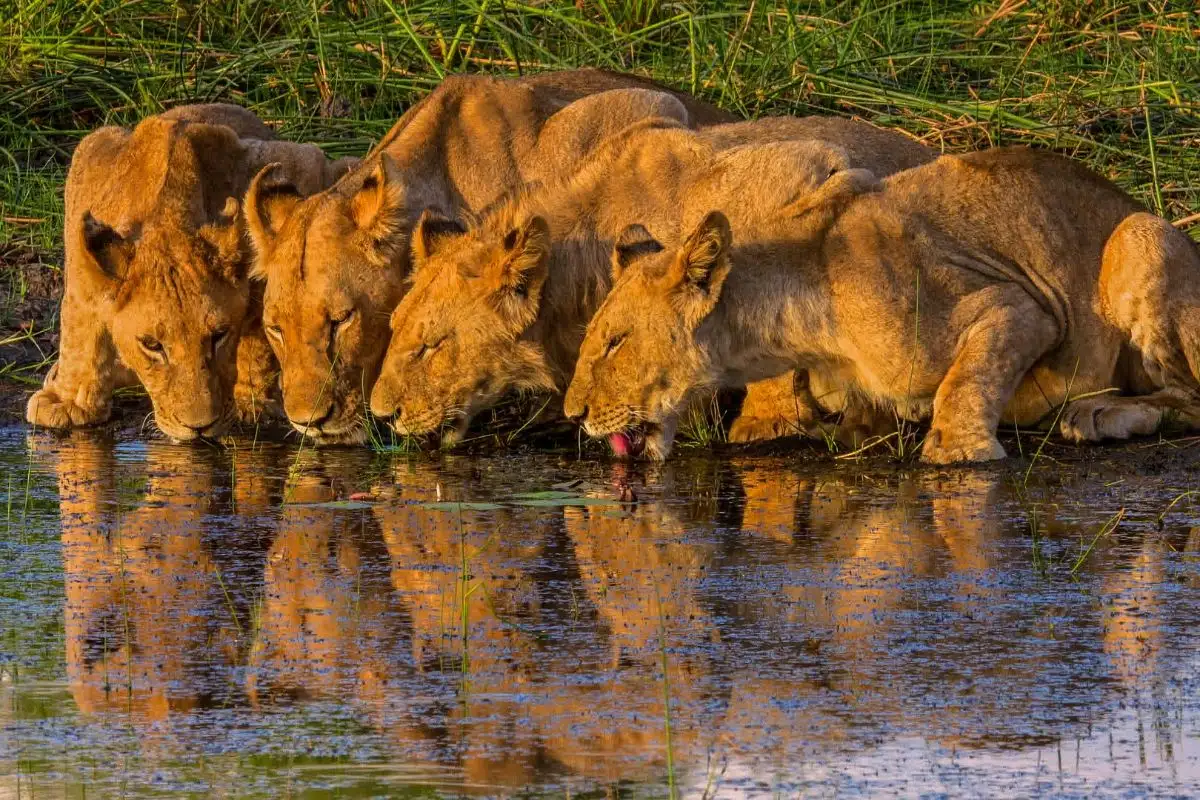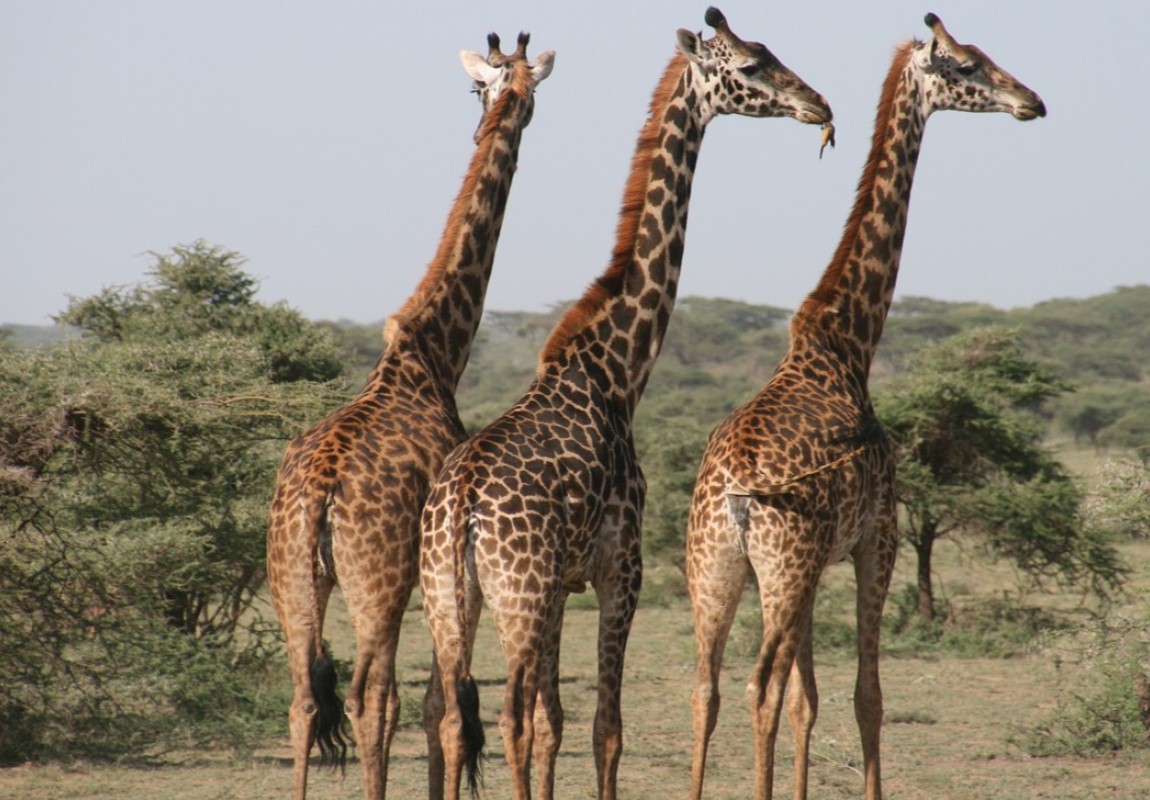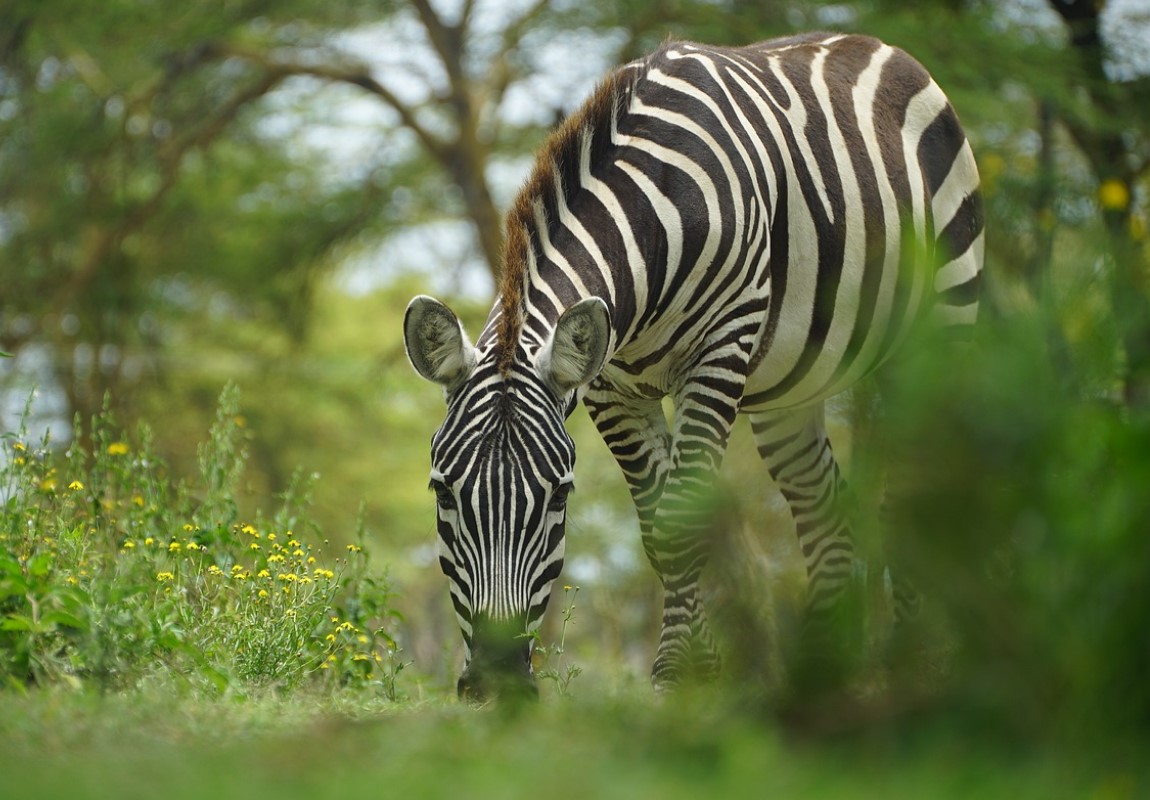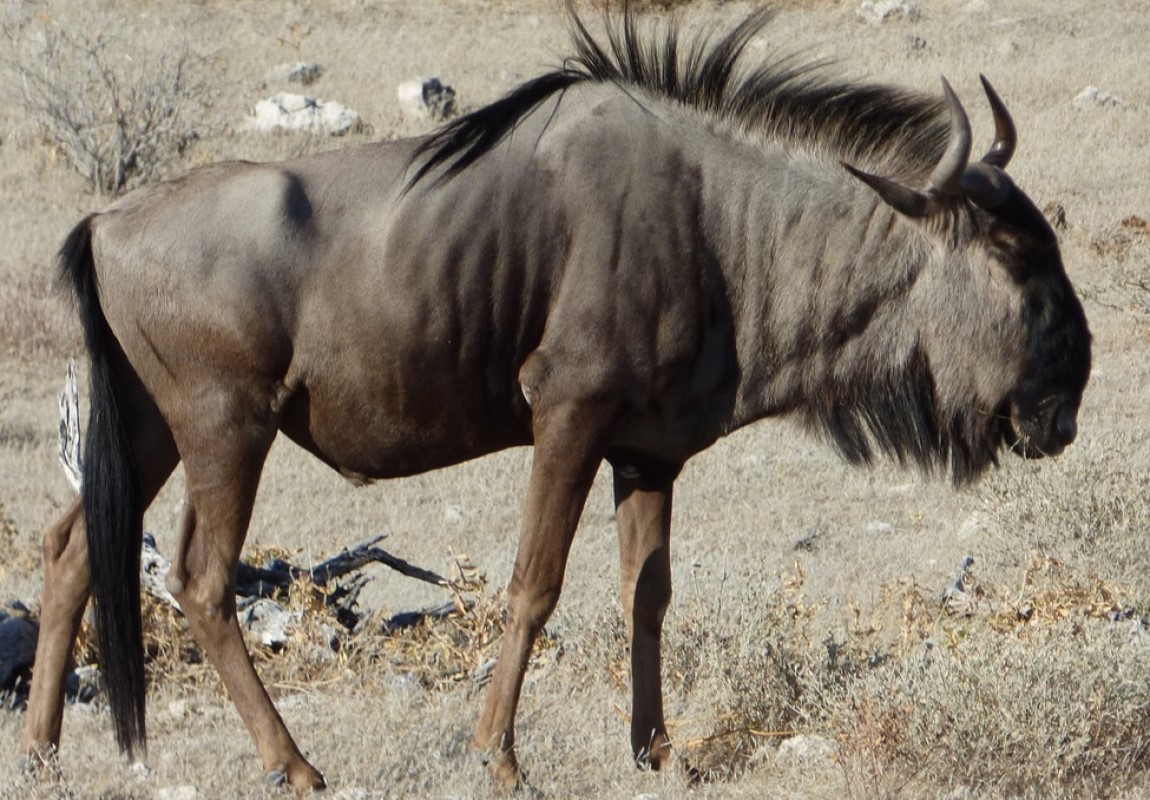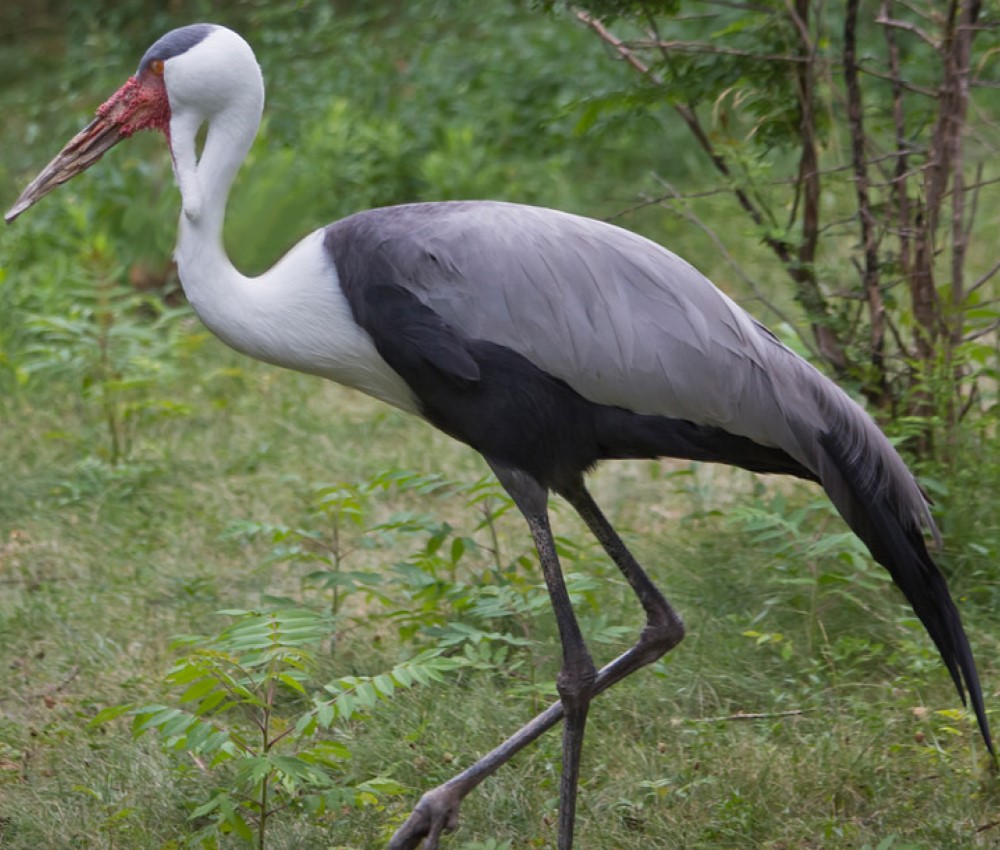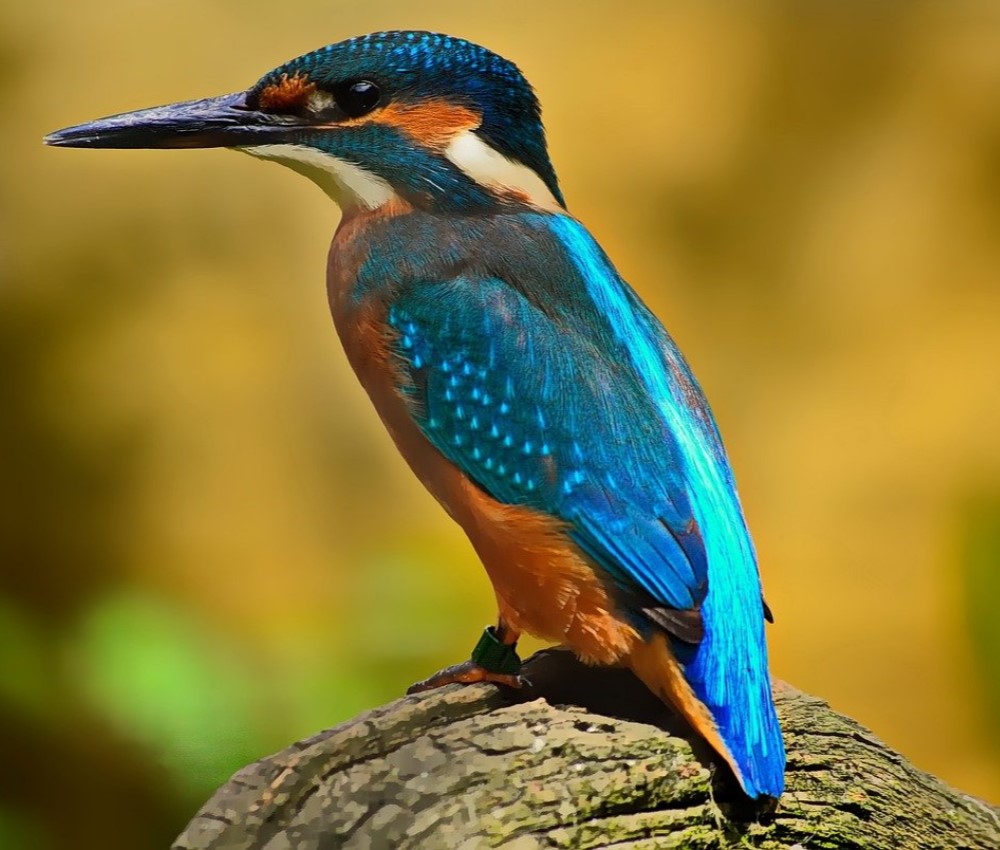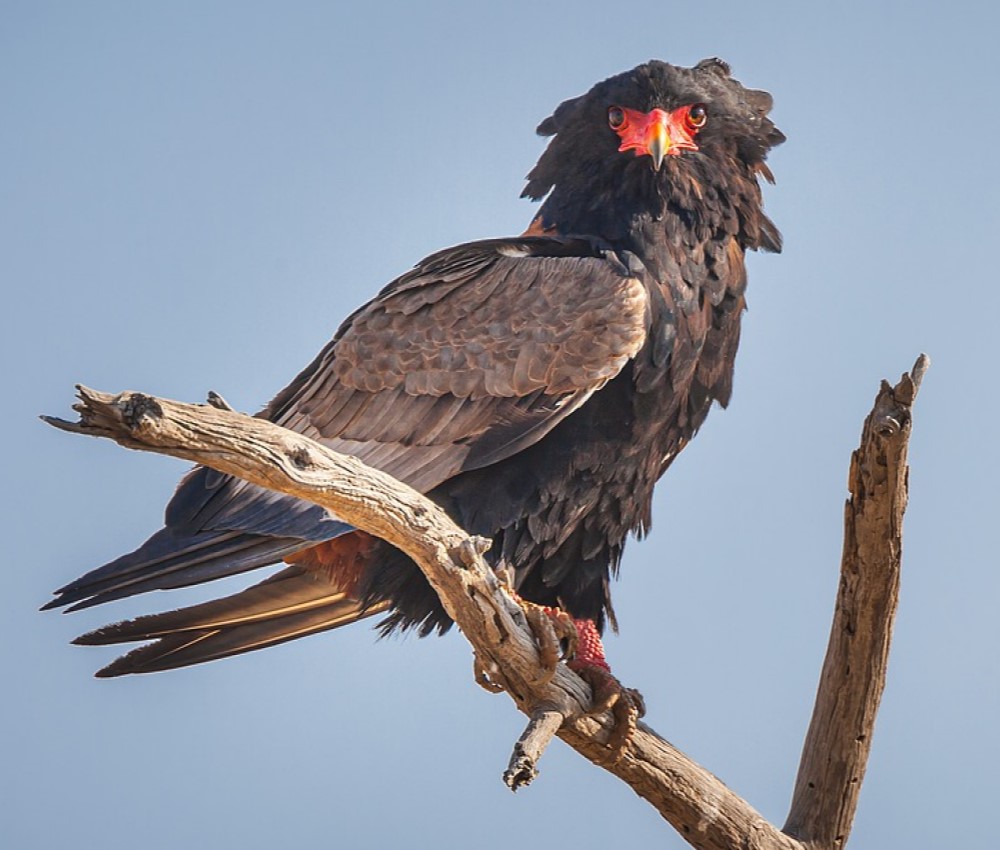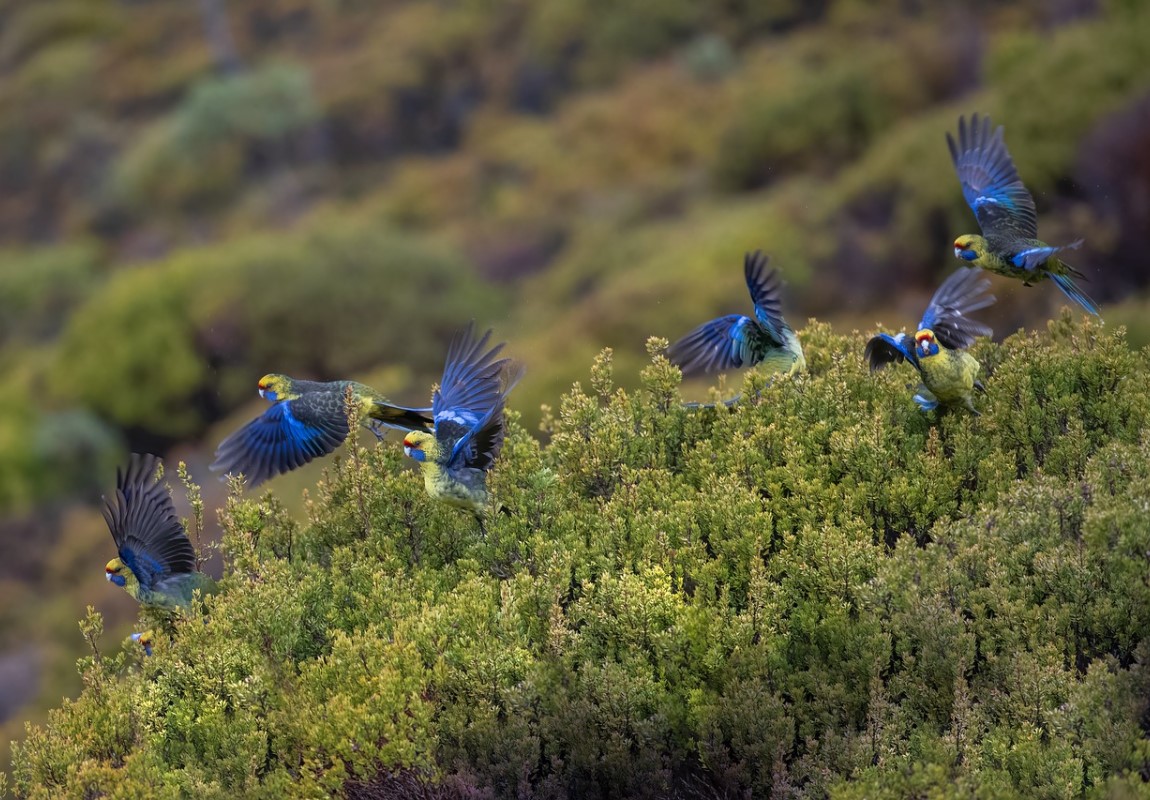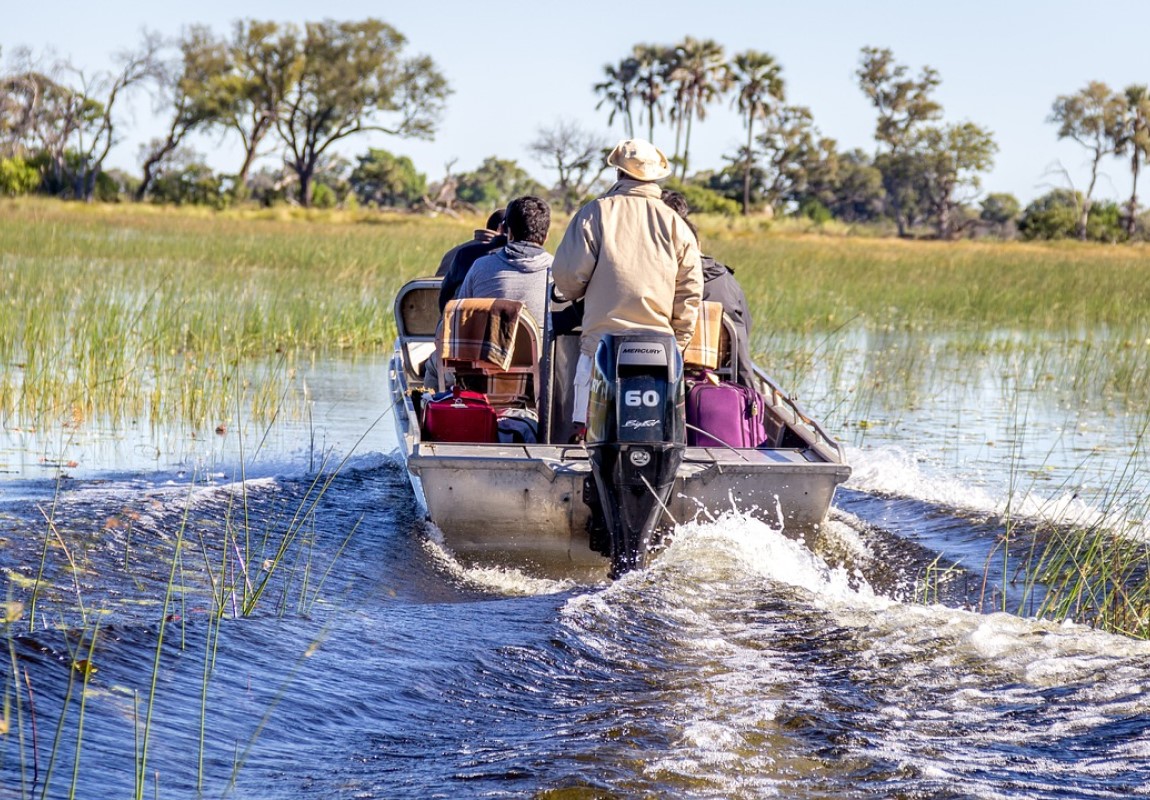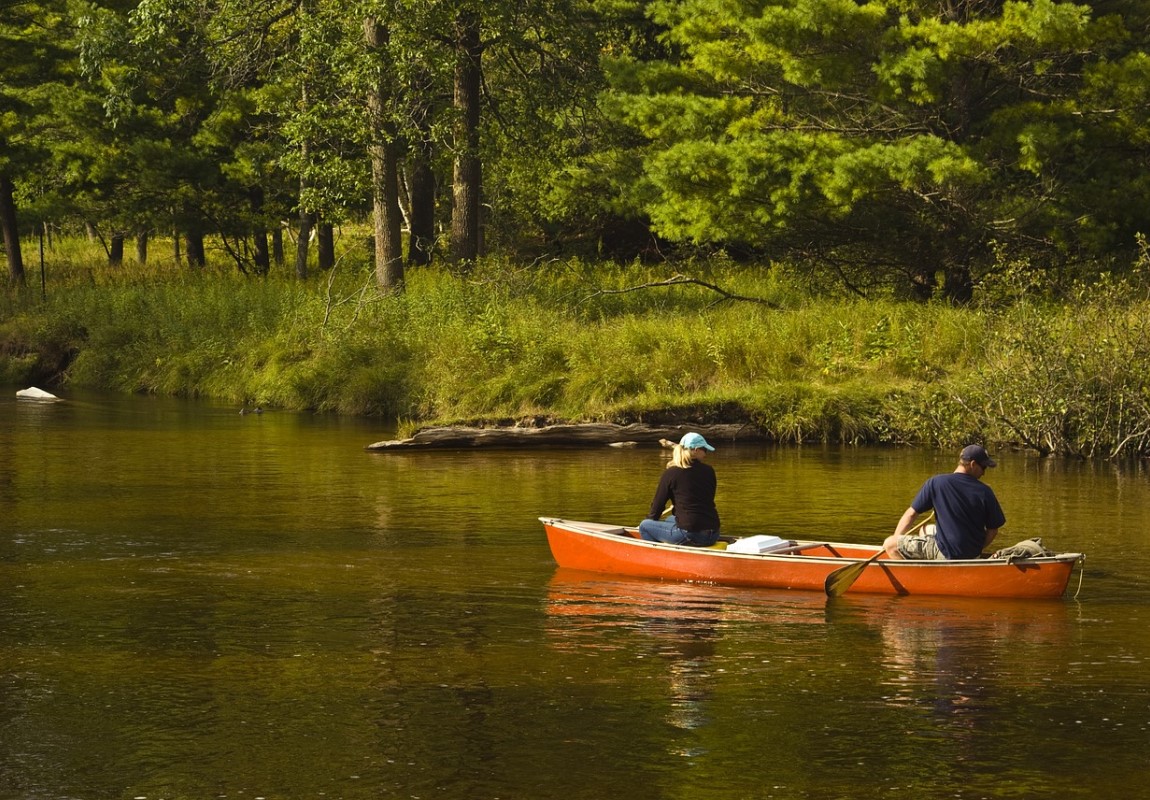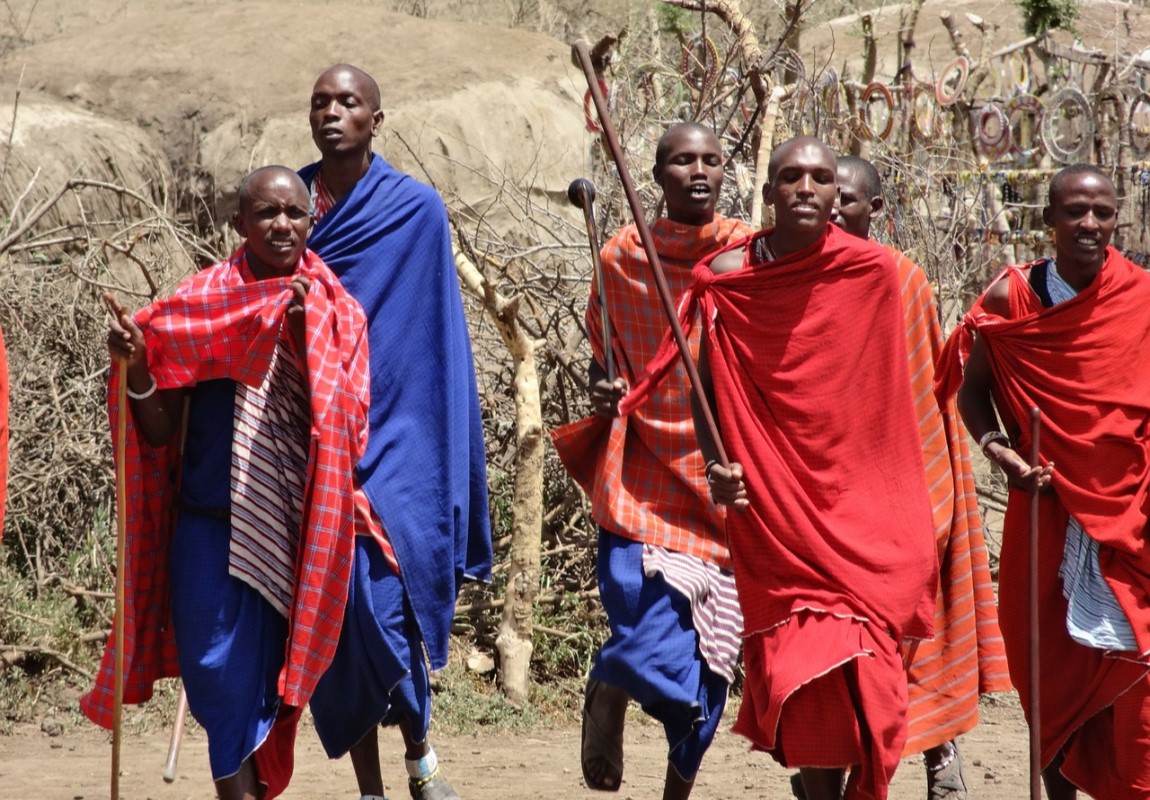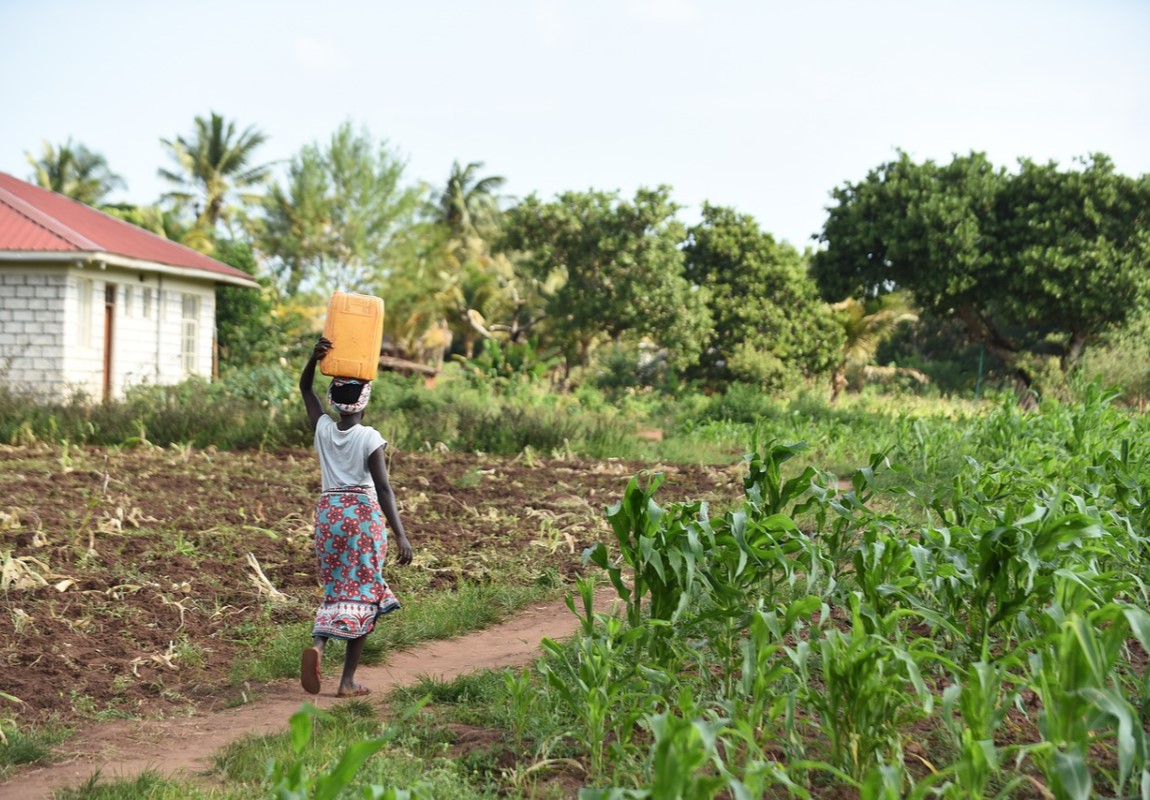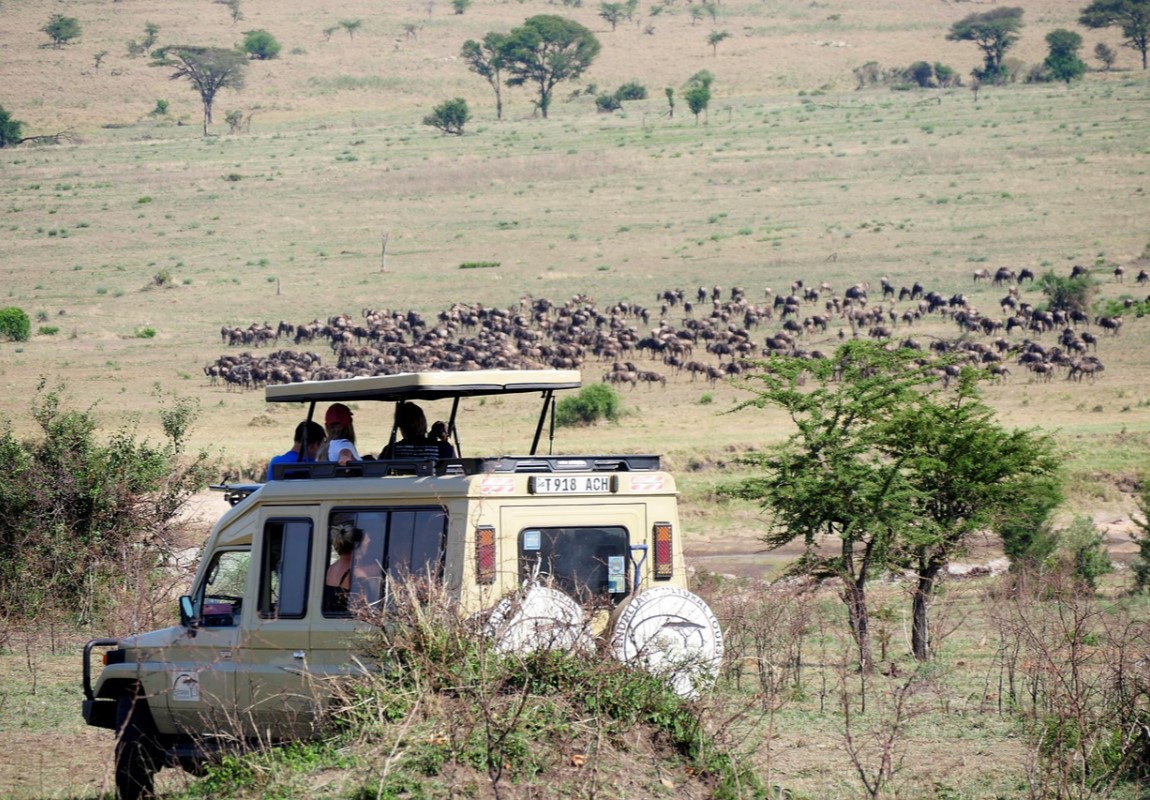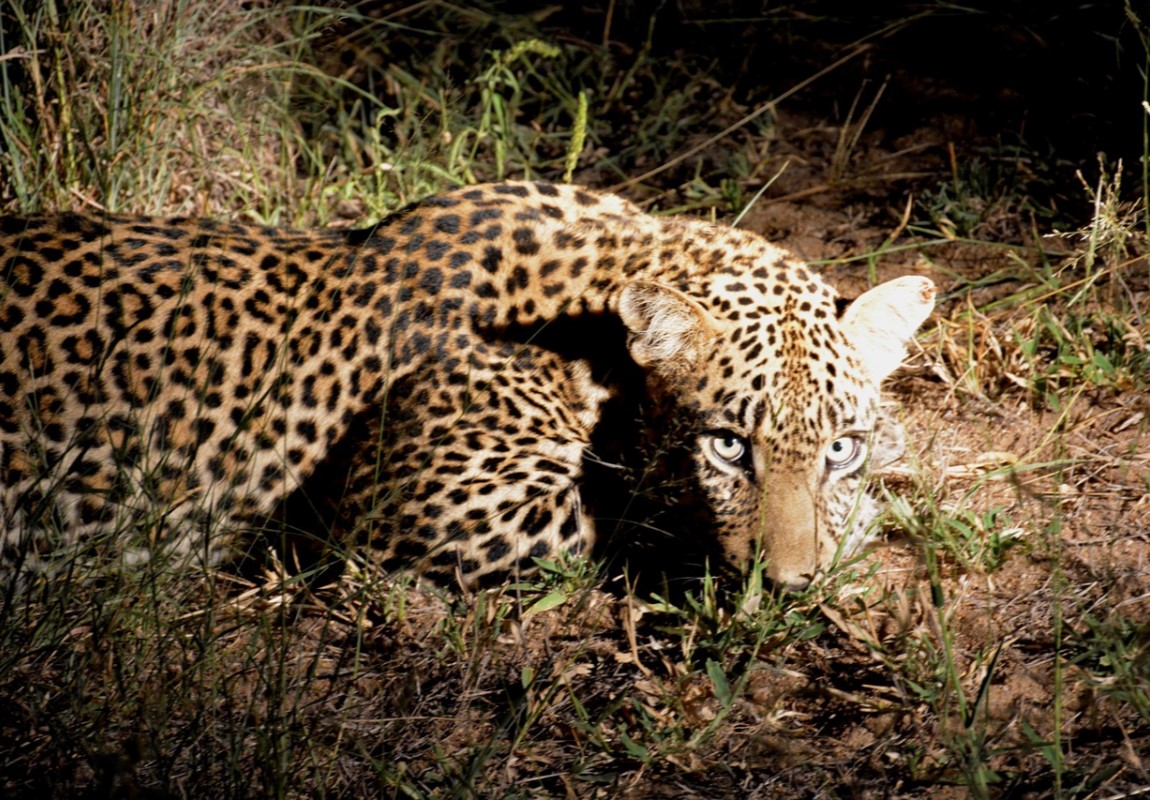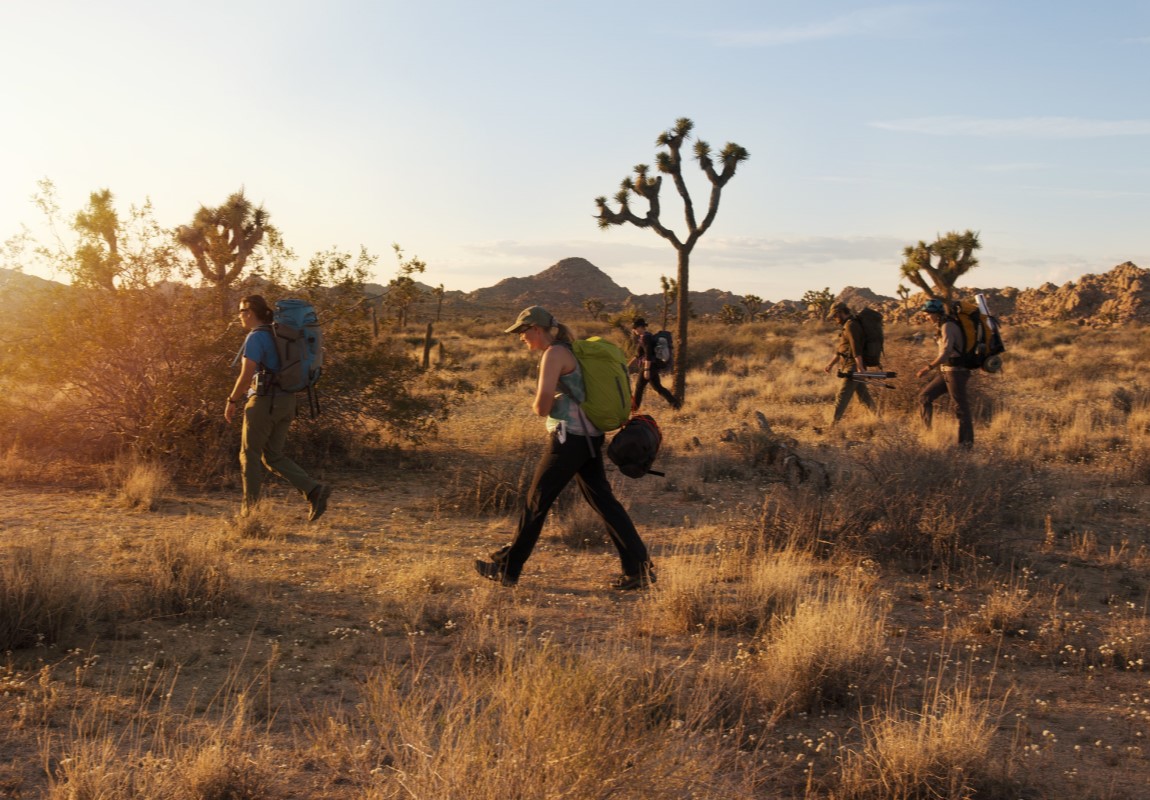Starting from
$900PP
Overview
A tremendous desert spring in the core of the African bush in northern Botswana, the Okavango Delta is known as the 'Gem of the Kalahari'. This seasonal marshland is comprised of lavish fields, a huge number of streams and islands, water-lily-tossed gulfs, acacia shrubberies, Borassus palms and forests. The delta resembles a supernatural door to wildlife heaven and a stunning landscape. Delta offers various activities, for example, bird watching, fishing, wildlife safaris, mokoro (dugout canoe) trips and bush walks.
Pros & Cons
- Amazing wildlife experience with four of the Big 5 which can be spotted easily
- off-road driving is allowed which gives quality sightings
- An incredibly diverse variety of birdlife is available for birding enthusiasts
- Game drives, night drives, walking safaris and mokoro trips are available
- It's a very expensive destination
- Widlife viewing is limited in the water-based camps
Map in Botswana
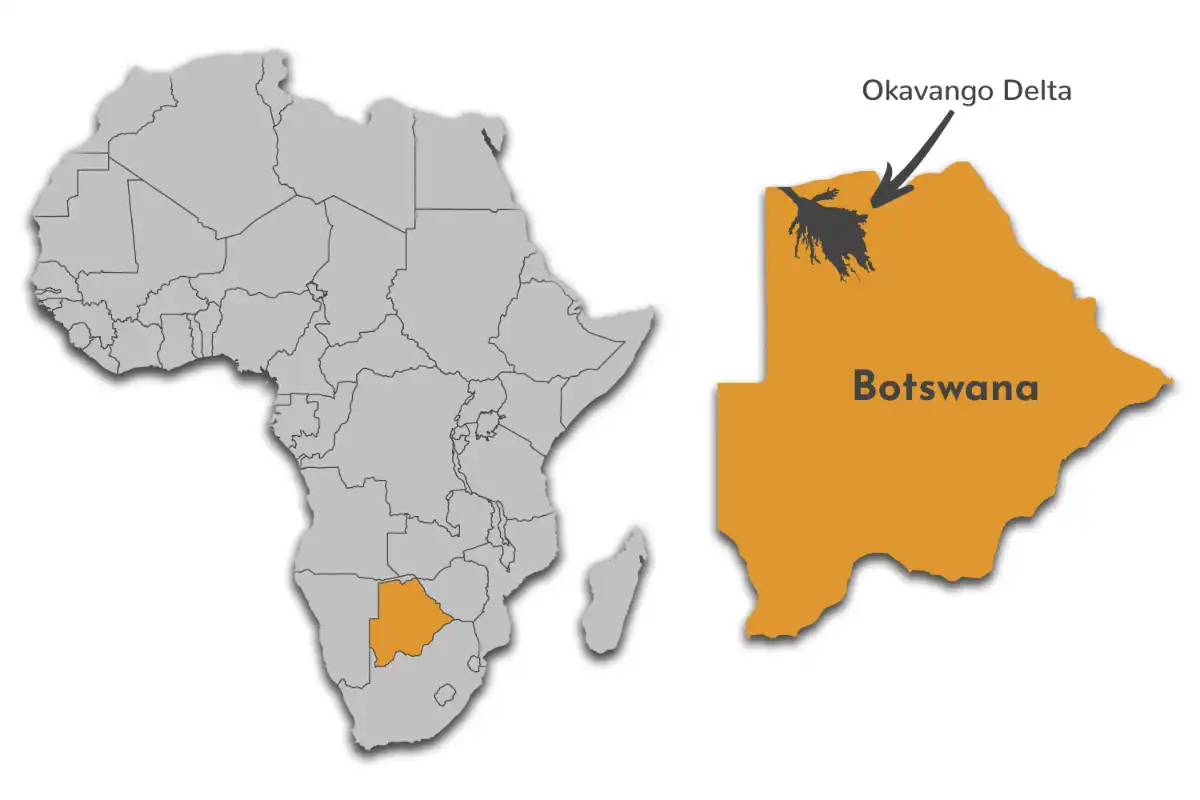
Want to Visit Okavango Delta?
Gallery Images
Explore the stunning beauty of Okavango Delta through our curated collection of photographs showcasing its landscapes, wildlife, and natural wonders.
Want to Visit Okavango Delta?
Wildlife & Animals
The wildlife of the Okavango Delta is varied and ample because of the rich environments and protection. The Okavango Delta upholds huge convergences of animals on both a super durable and occasional premise. Through cautious wildlife management, it has become maybe perhaps the best spot to see wildlife in Africa.
Wildlife of the Okavango Delta incorporates a heap of animal categories including African Bush Elephant, African Buffalo, Hippopotamus, Lechwe, Topi, Blue Wildebeest, Giraffe, Nile crocodile, Lion, Cheetah, Leopard, Brown Hyena, Spotted Hyena, Greater Kudu, Sable Antelope, Black Rhinoceros, White Rhinoceros, Plains Zebra, Warthog and Chacma Baboon. Notably, the endangered African Wild Dog still survives inside the Okavango Delta and displays one of the most extravagant pack densities in Africa.
Wildlife Highlights
The Okavango has great general wildlife, yet the most widely recognized marsh-adapted animal is the rare red lechwe that can be seen swimming through the water in huge groups. The semi-oceanic sitatunga is more earnestly to find. Other surprising antelope incorporate tsessebe, sable and roan. The Okavango is a great region for wild dogs, which are most effectively noticed while denning.
Best Time for Wildlife Viewing
The best time to visit the Okavango Delta is the dry season from May to October. In May, June and July, which are the cold weather months, the water levels are high (because of the floods showing up from Angola), which is the best and ideal opportunity for makoro and boat safaris as a greater part of the Delta is available. The dry season likewise offers expanded freedoms for wildlife sightings as the thirsty animals descend in immense numbers to the water.
Want to Visit Okavango Delta?
Birds
As one of the world's most prominent sanctuaries – a rich, diverse and unblemished wild the Okavango Delta offers a superb birding experience. This glorious World Heritage Site flaunts more than 400 recorded species of birds. It is very common to spot around 140 species in a day. A sign that the floodwaters are going to show up is the unexpected appearance of many Wattled Cranes, Storks, Herons and Egrets in the Okavango Delta. Many camps in the Delta offer birding walks and mokoro excursions where numerous species can be seen. Some of them, for example, the kingfishers and herons can be firmly drawn closer, particularly by quiet mokoro and sharp photographic artists will be spoiled with photograph openings.
Best Time for Birding
The Okavango Delta offers good year-round birding, the pleasant green season from December-March is the best ideal opportunity for enthusiastic bird watchers as the Palearctic migrants are available and the inhabitant birds are in breeding plumage – the bushveld is alive with birdsong and flashes of colour.
Want to Visit Okavango Delta?
Best Time to Visit – Okavango Delta
The best time to visit the Okavango Delta is the dry season from May to October. In May, June and July, which are the cold weather months, the water levels are high (because of the floods showing up from Angola), which is the best and ideal opportunity for makoro and boat safaris as a greater part of the Delta is available. The dry season likewise offers expanded freedoms for wildlife sightings as the thirsty animals descend in immense numbers to the water.
April to October (Dry Season)
- Water levels are highest – good for mokoro trips
- Best time for wildlife viewing as the Dry season starts
- July to October are high season months, and lodges charge higher rates
- Very hot weather in September and October
November to March (Wet Season)
- Most of the animals stay in the centre of Delta which has permanent water
- Plenty of baby animals that attract predators
- Birding is best as migratory birds are present
- The scenery is beautiful and at its most lush
- Limited wildlife in Delta
- Water levels in the delta can drop too low for mokoro trips
- Rainfalls can create challenges in planned activities
- Some parts of the park can be inaccessible
- Some lodges close from January to March
Want to Visit Okavango Delta?
Activities
Explore popular activities available in and around Okavango Delta.
Want to Visit Okavango Delta?
No FAQs available for this park yet.

 English
English French
French
